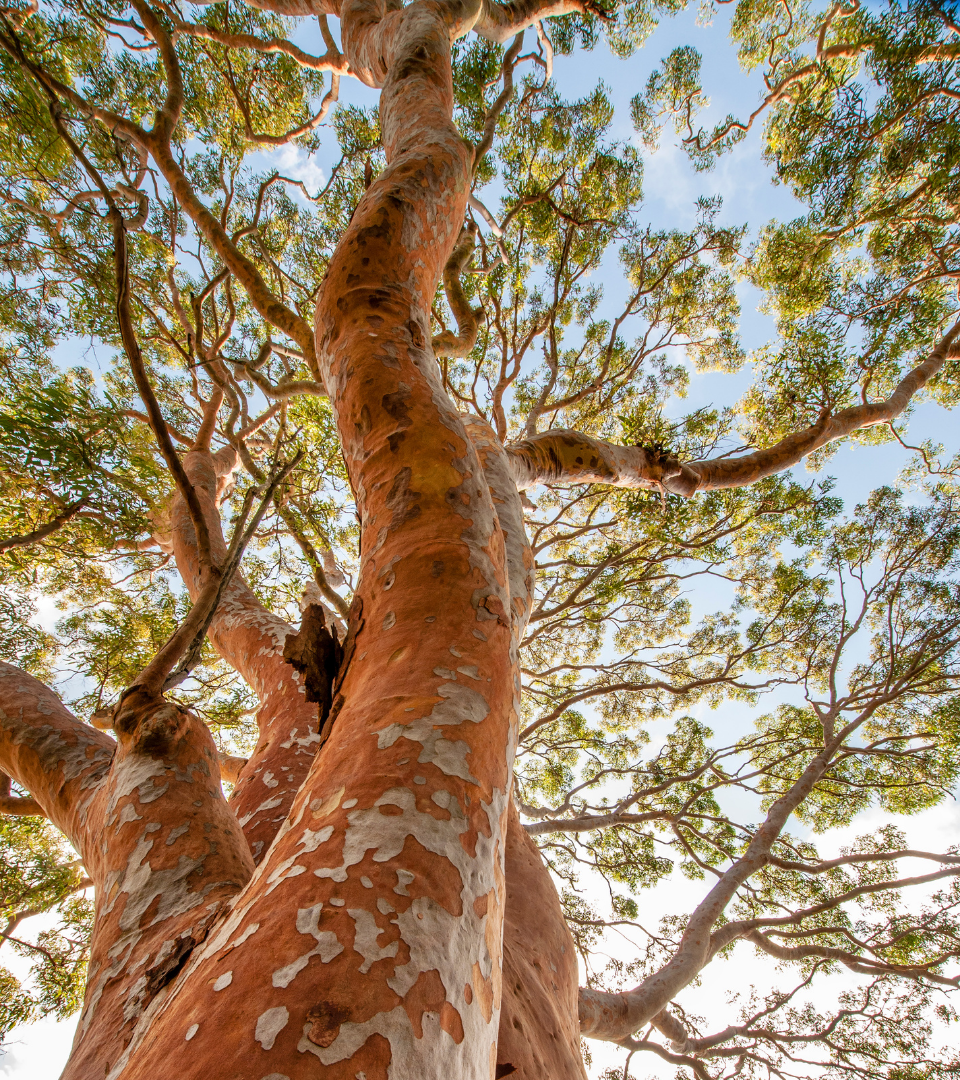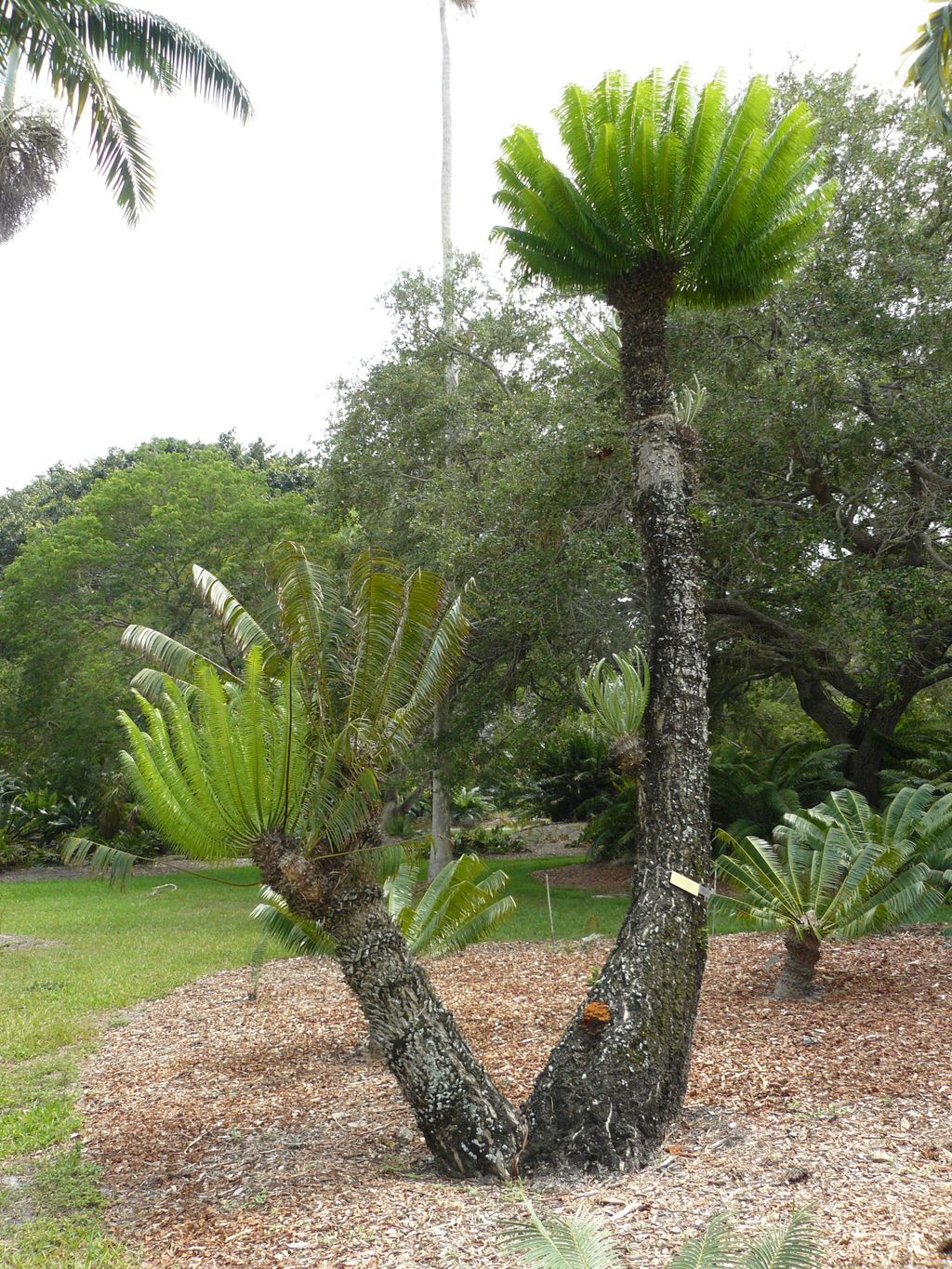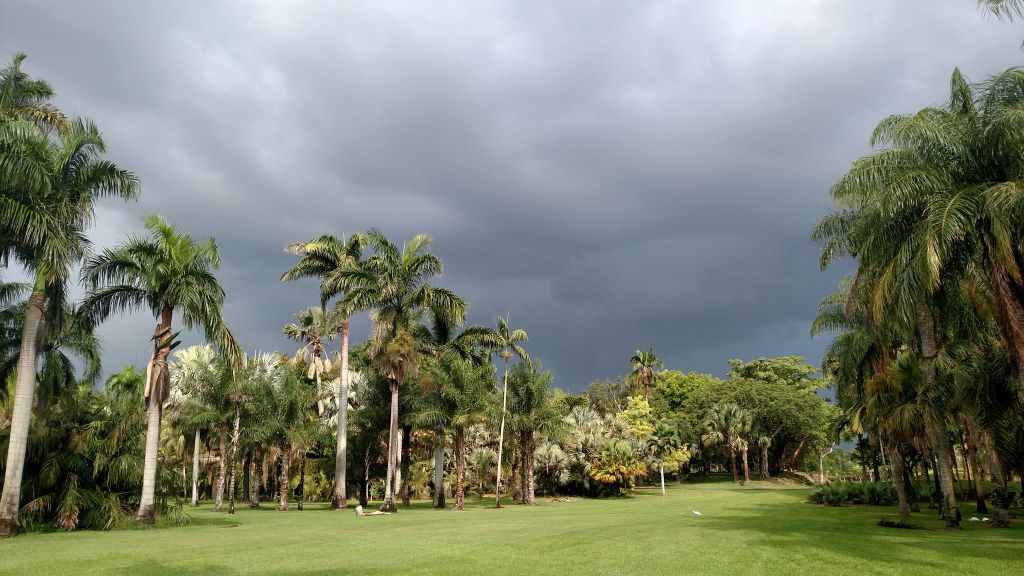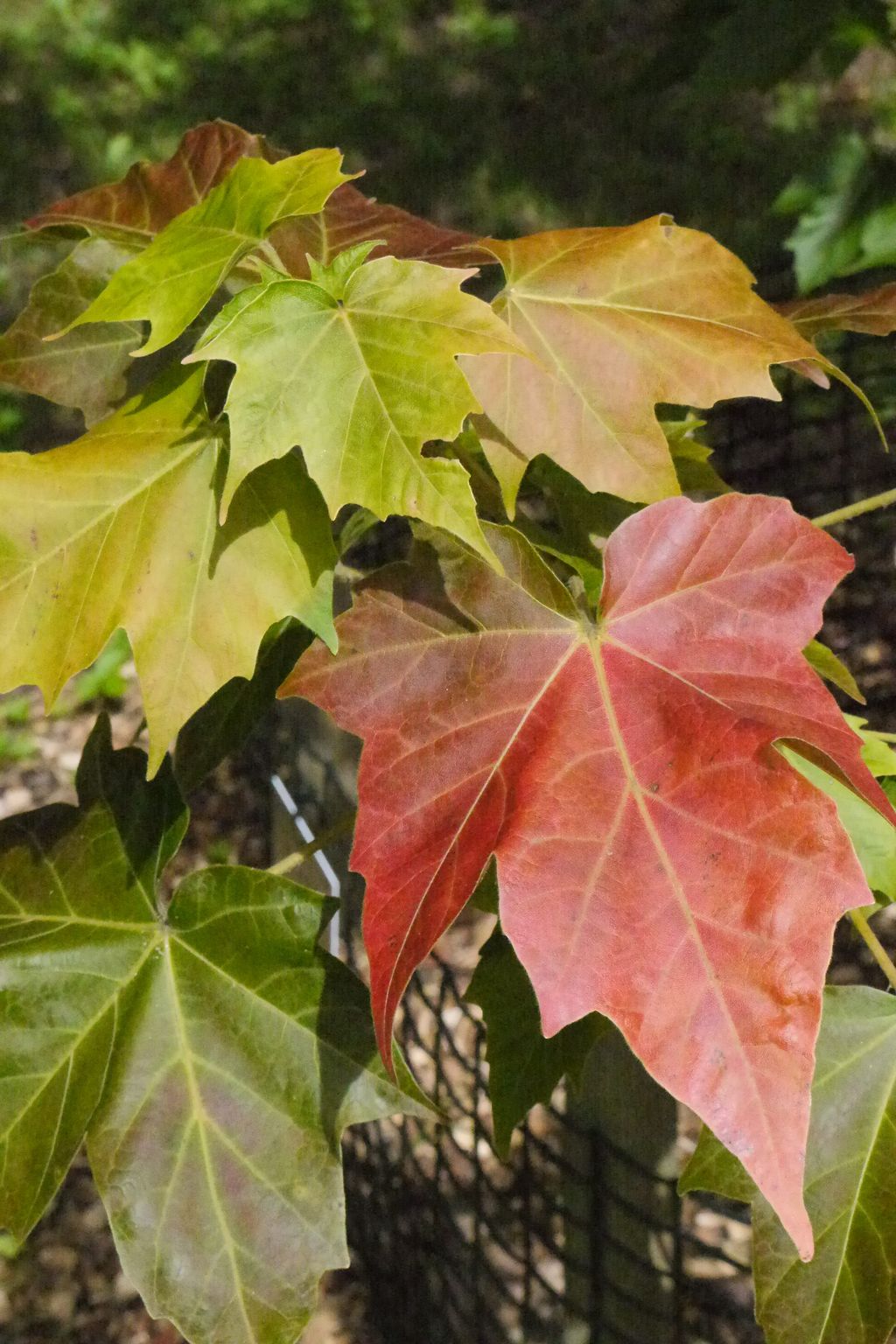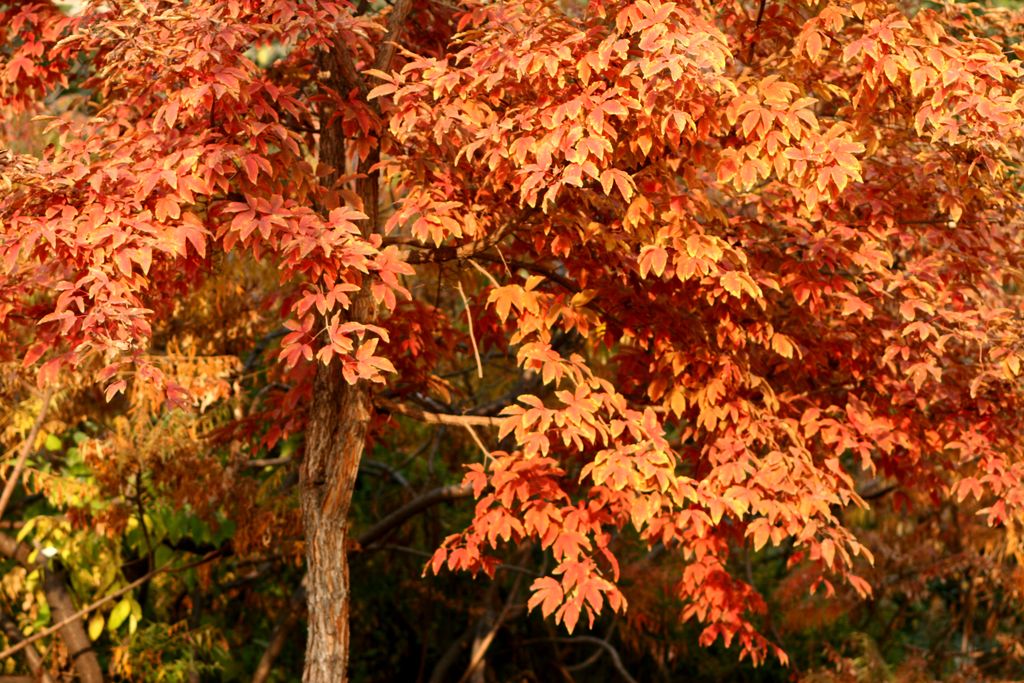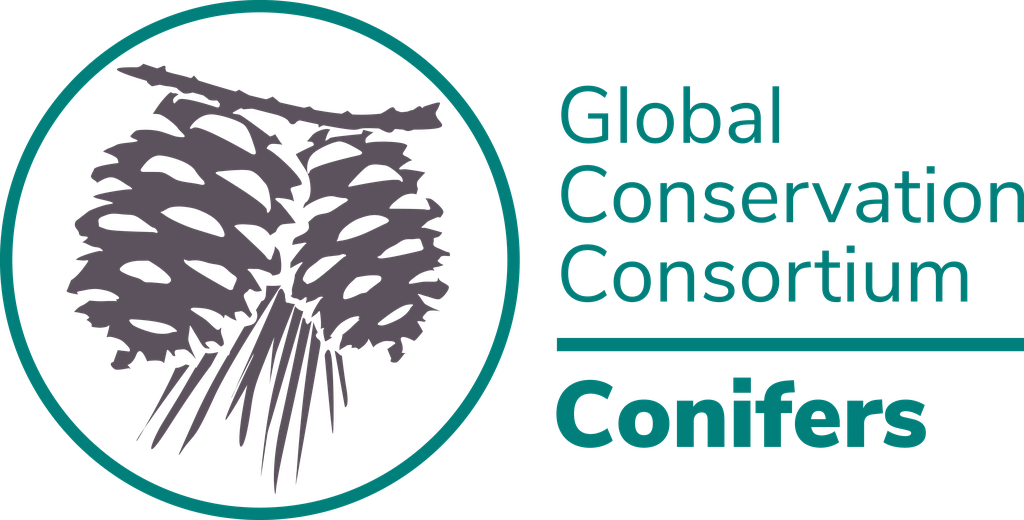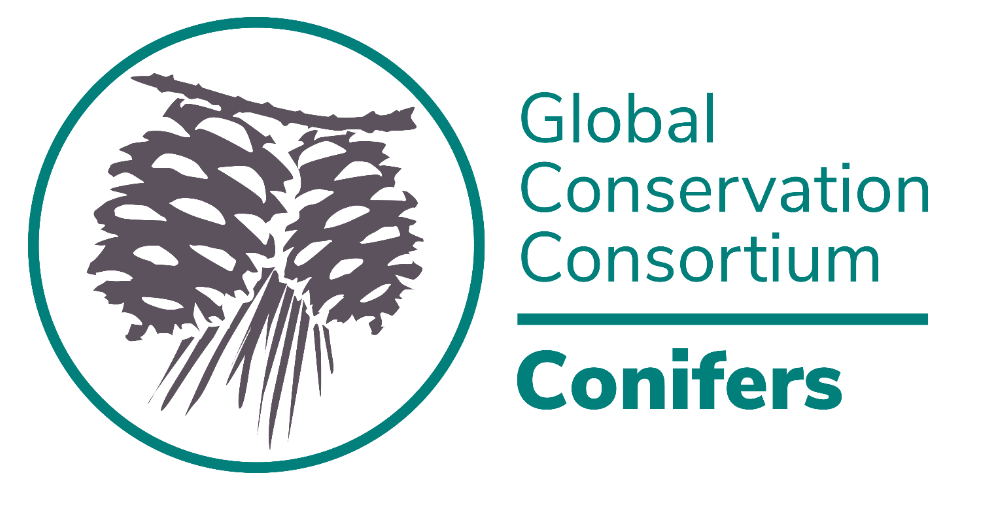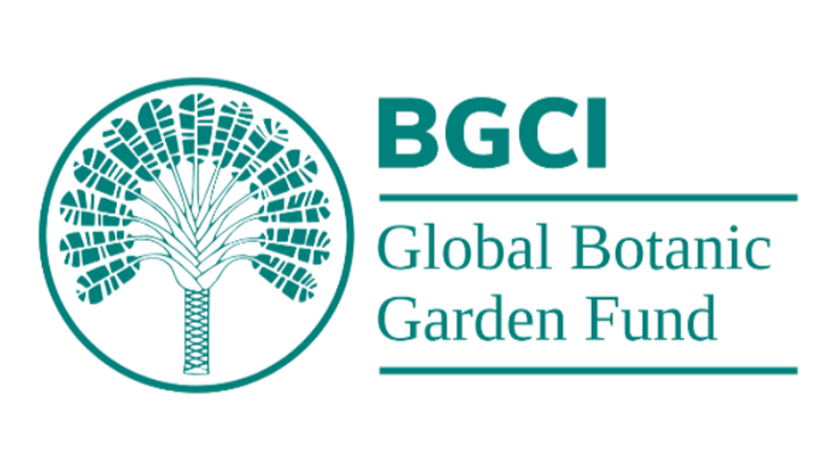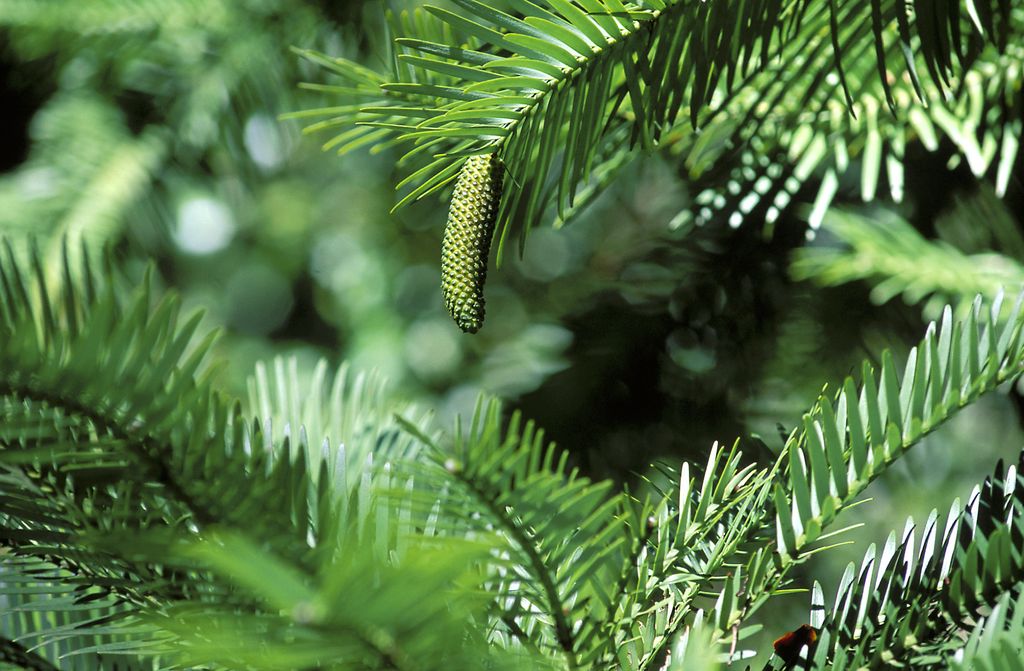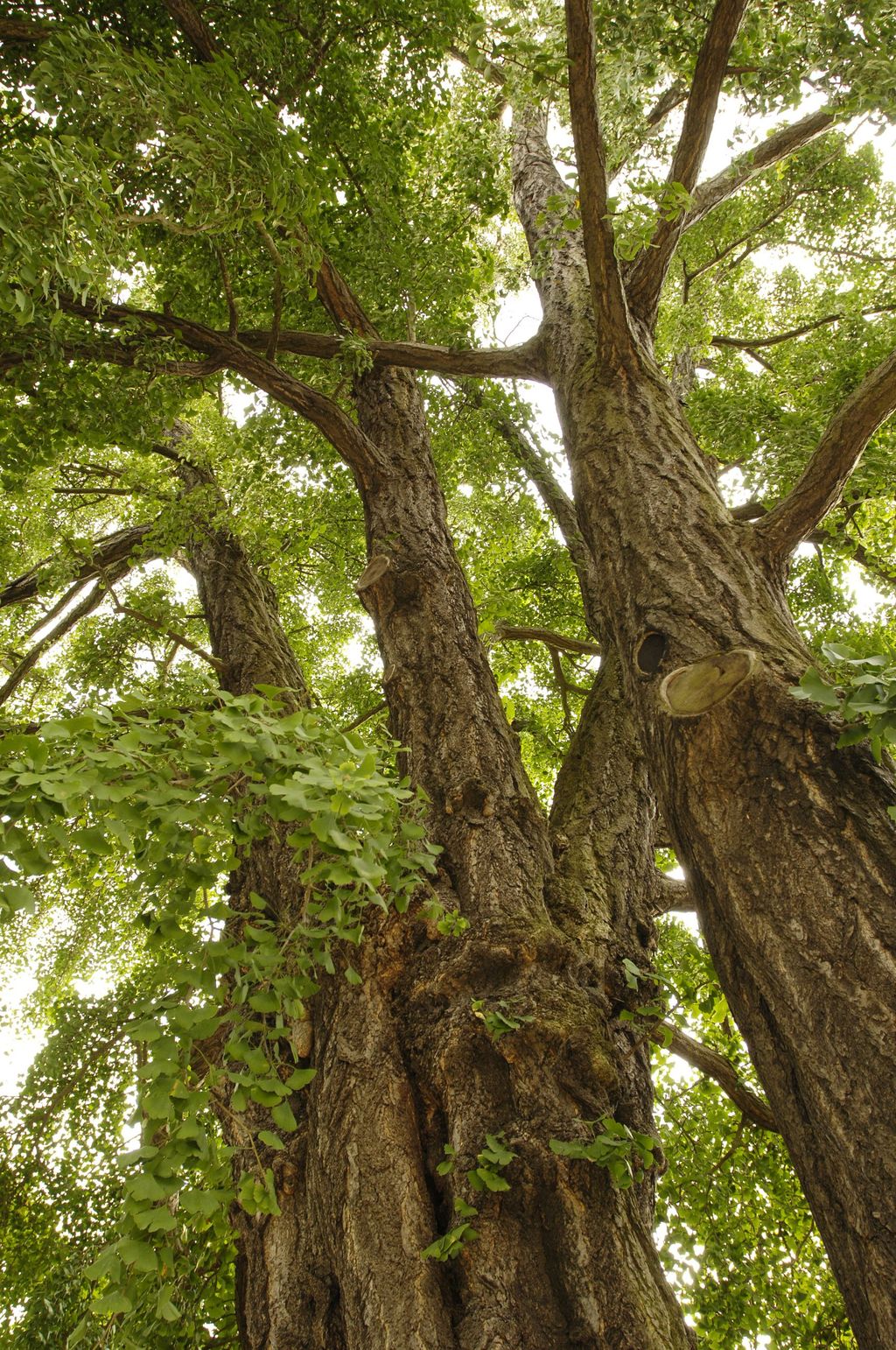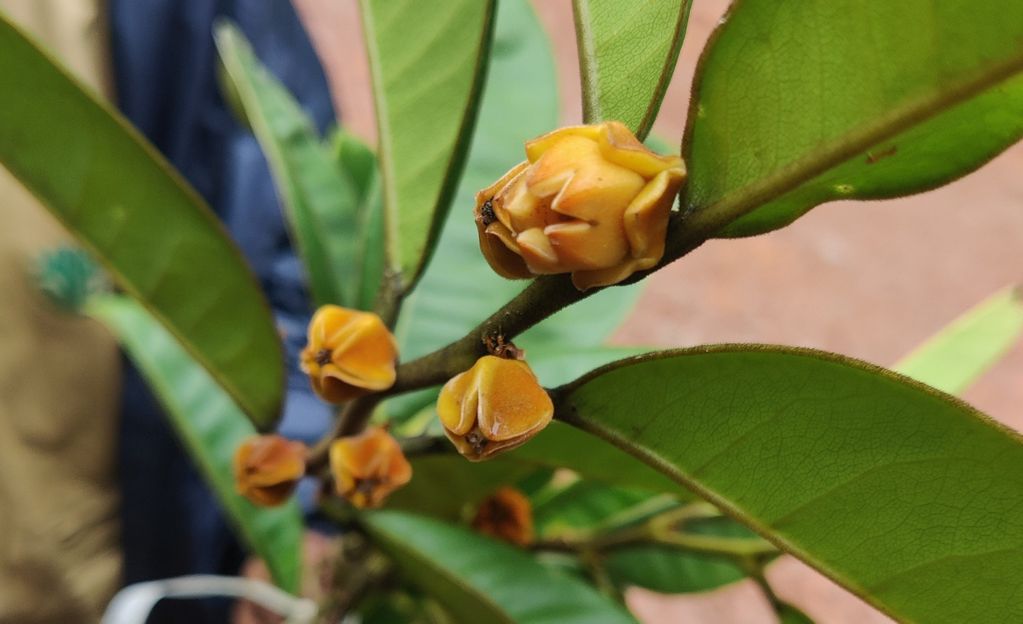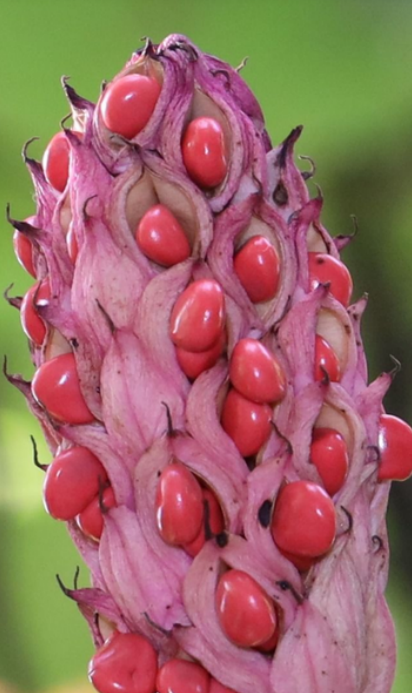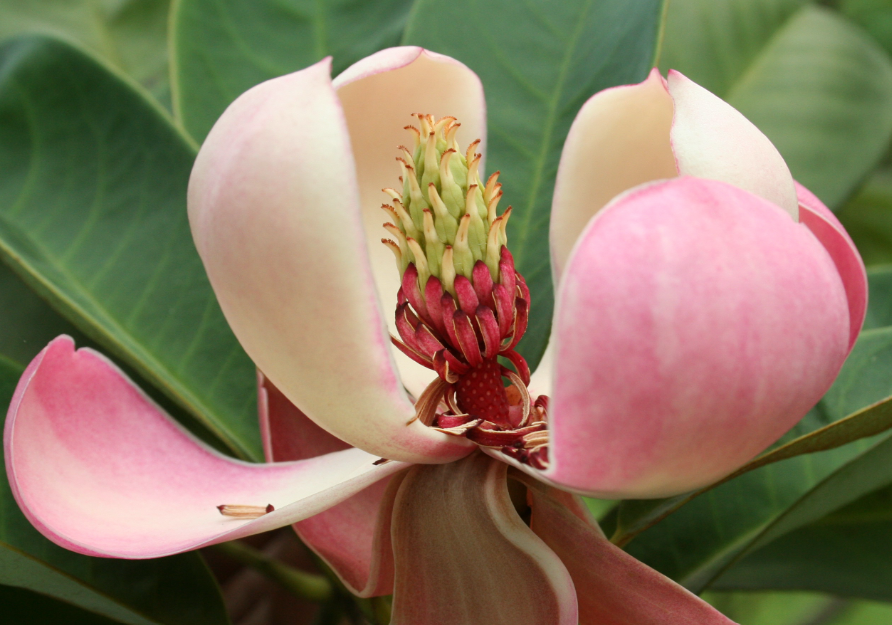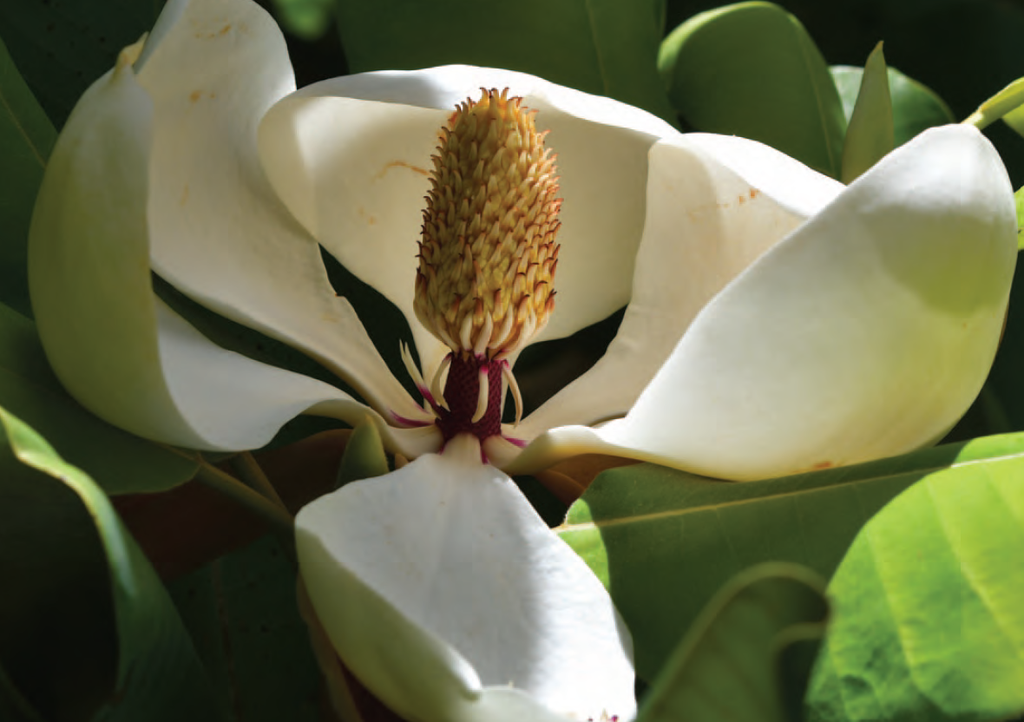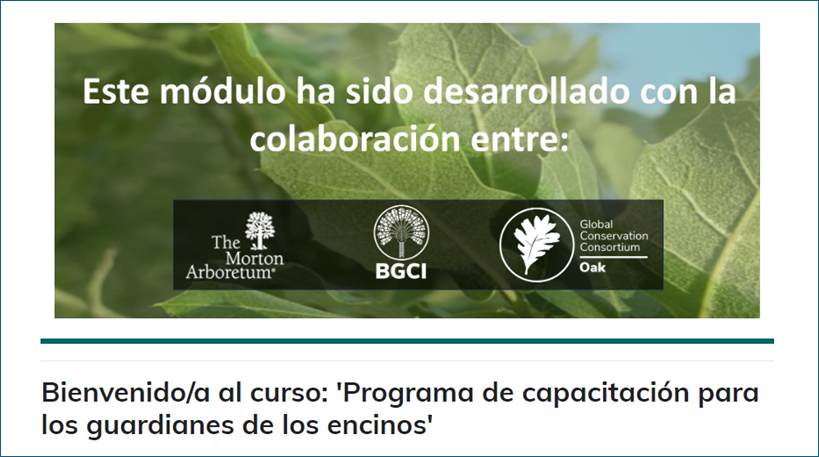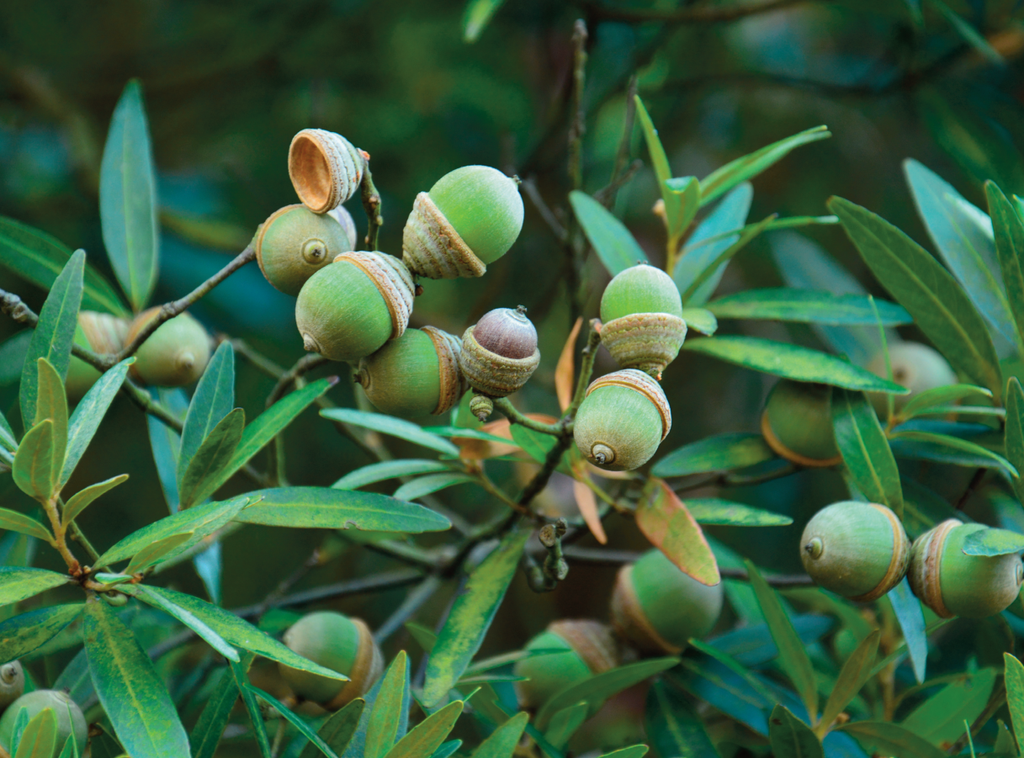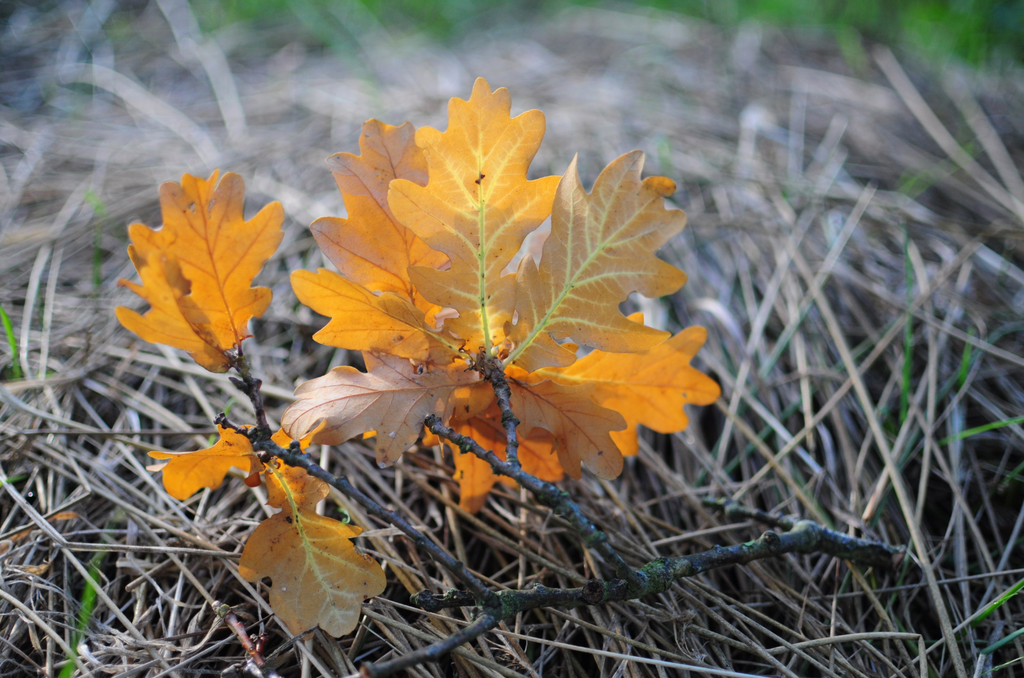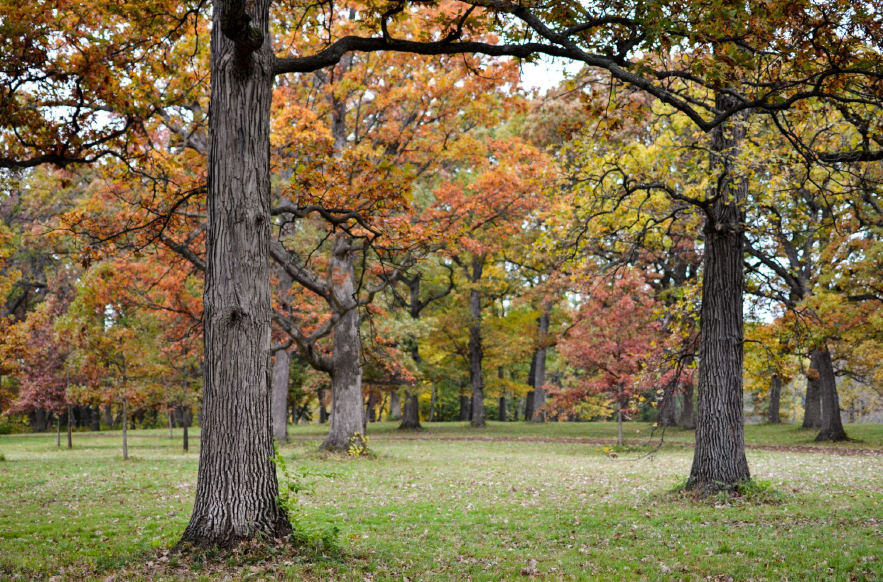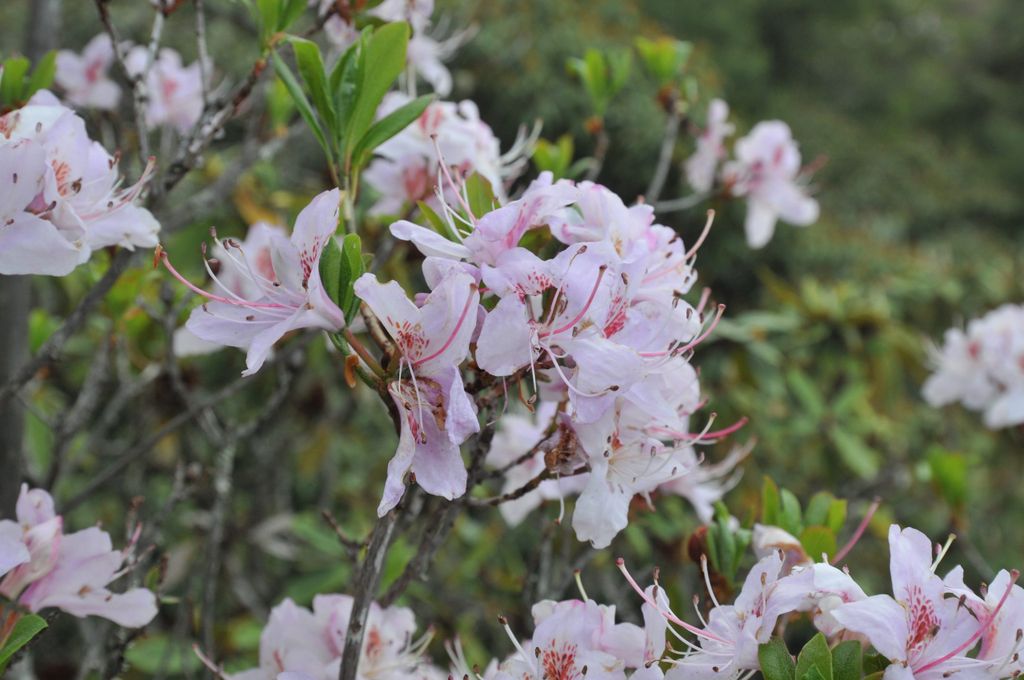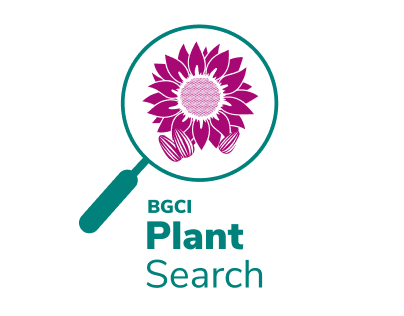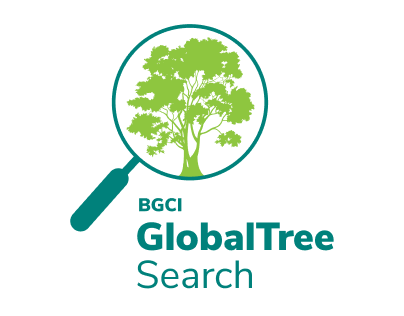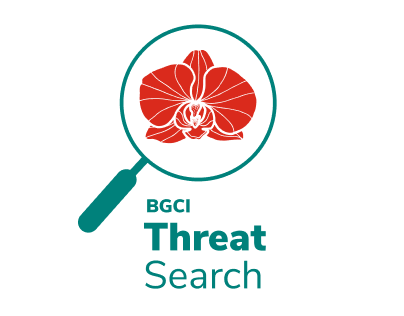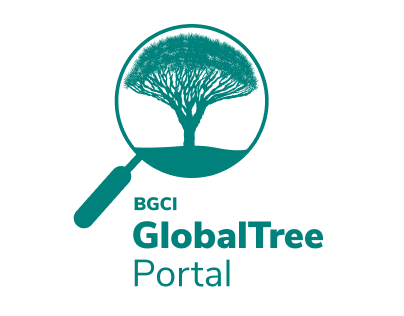Global Conservation Consortia
Collaboration | Coordination | Conservation
- About GCC
- Participate
- Acer
- Conifers
- Cycads
- Dipterocarps
- Ebenaceae
- Erica
- Magnolia
- Nothofagus
- Oak
- Rhododendron
- Whitebeams

The Global Conservation Consortia (GCC) aim to mobilise a coordinated network of institutions and experts to collaboratively develop and implement comprehensive conservation strategies for priority threatened plant groups.
About the Global Conservation Consortia
Our mission is to accelerate effective conservation of global plant diversity. Botanic Gardens Conservation International (BGCI) is coordinating a suite of Global Conservation Consortia, which catalyse groups of institutions and experts to collaboratively develop and implement comprehensive strategies to prevent extinction of priority threatened plant groups. Primary objectives include coordinated in situ and ex situ conservation efforts and dissemination of species recovery knowledge.
Our Consortia
Multi-sector consortia delivering integrated plant conservation on a global scale.
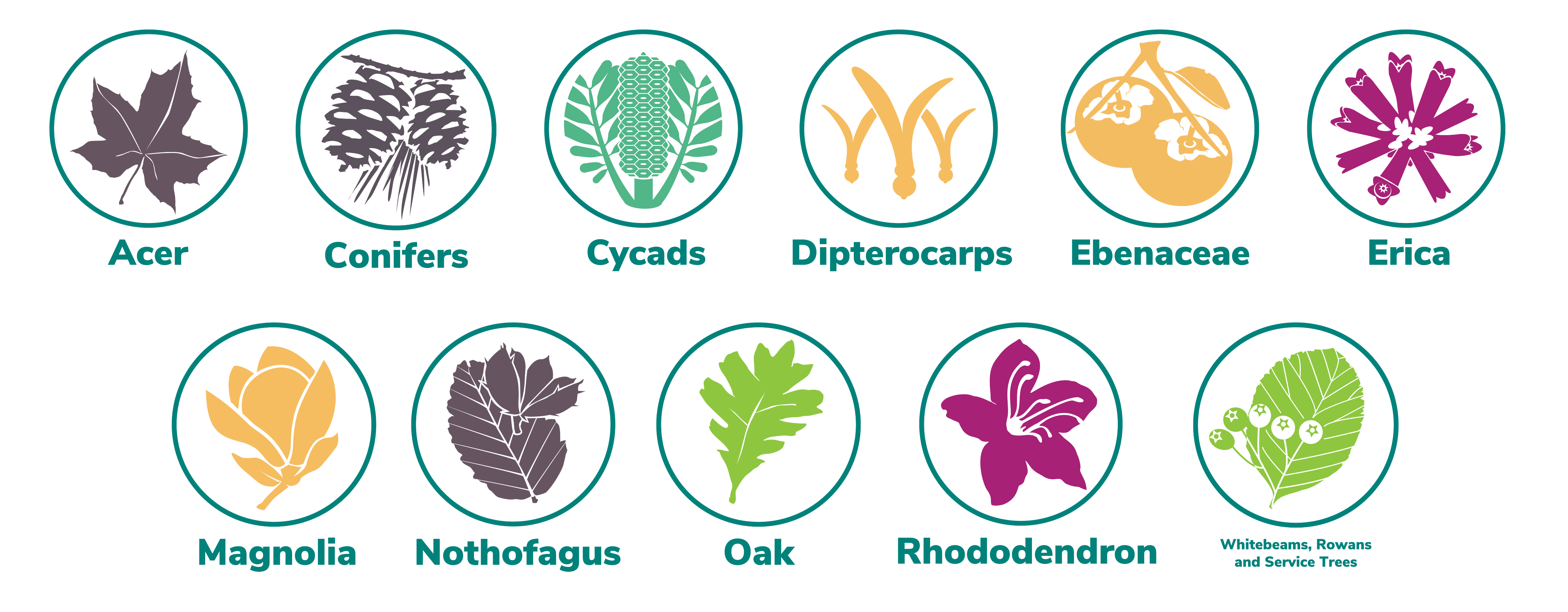
The programmatic objectives of the Global Conservation Consortia are to:
- Foster new and existing network(s) of experts;
- Identify species of greatest conservation concern and prioritize conservation action;
- Ensure effective in situ species conservation;
- Establish, expand and manage ex situ collections of high conservation value;
- Foster applied research (e.g. conservation biology, ecology, horticulture, population genetics, taxonomy) to support species conservation;
- Build capacity to empower and mobilise in-country partners in diversity centres and across species’ ranges;
- Increase public awareness and engagement with species conservation issues; and
- Collaboratively fundraise to scale-up conservation action.
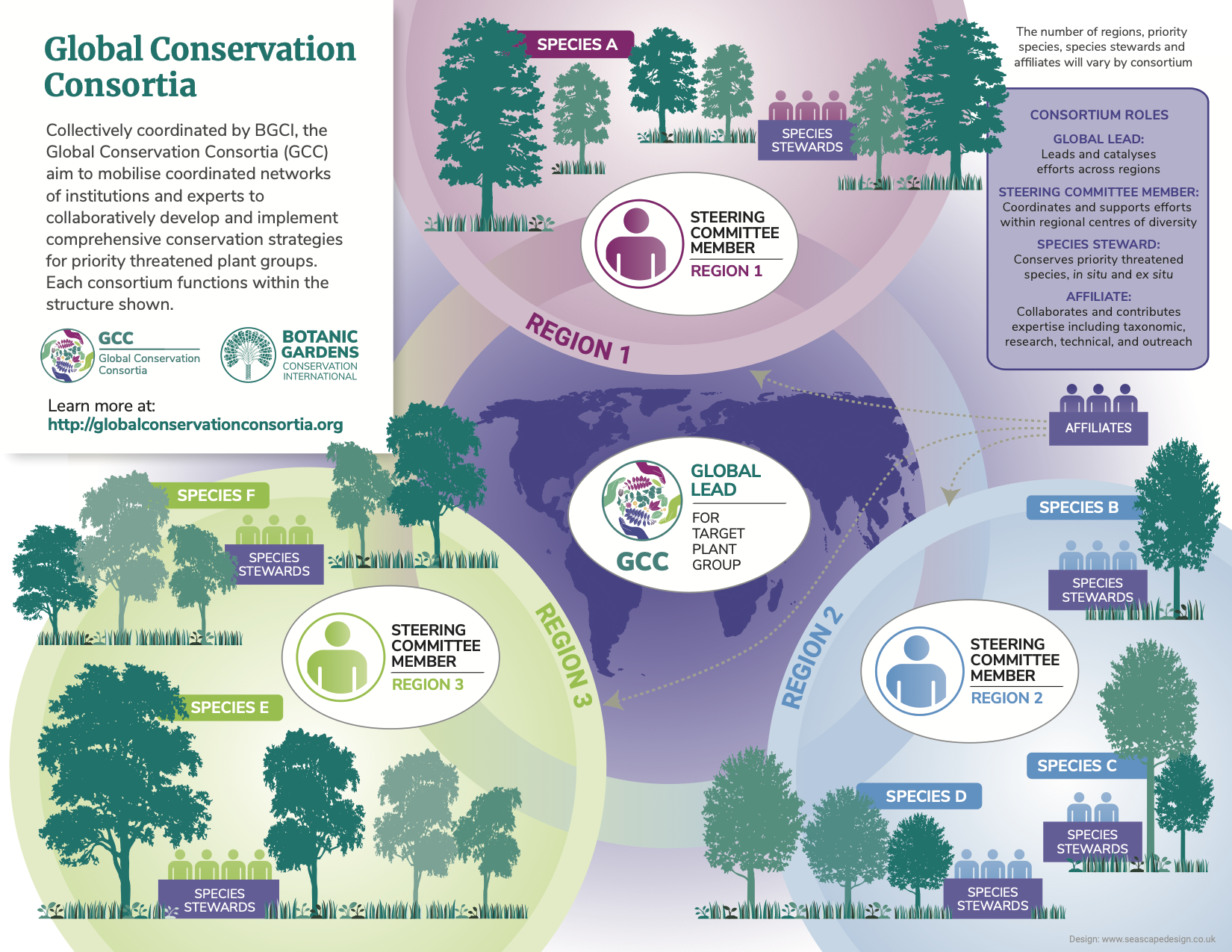
The Global Conservation Consortia are collectively coordinated by BGCI
BGCI collectively coordinates the Global Conservation Consortia through network development and support of consortia leadership, promotion of scientifically-informed best practices, facilitation of communication and data sharing, as well as provision of conservation prioritisation support. BGCI also provides institutional recognition for consortia collaborators, advocates globally for consortia, and mobilises conservation action through collaborative fundraising and provision of grant opportunities.
Donate
Each Consortium operates within a shared structure, comprising
- Affiliates
- Species Stewards
- Steering Committee Members, and;
- Lead Institutions.
Affiliates
The first step for anyone keen to participate in a Consortium is to sign up as an Affiliate for each Consortium of interest. Additional roles (Species Stewards and Steering Committee Members) will then be invited in consultation with the Lead Institution for each Consortium.
Consortium Affiliates may or may not be officially associated with a botanical institutions, and do not hold a formal role in a Consortium. Affiliates commit to the Statement of Intent, receive communications about consortium activities, and may support, collaborate, or advise on any Consortium activities in coordination with the Consortium Steering Committee and/or Species Steward(s), including but not limited to:
- Scouting or collecting trips;
- Population monitoring;
- Research;
- Taxonomic work;
- IUCN Red List assessment compilation or review;
- Ex situ conservation projects (e.g. metacollection management and development);
- In situ conservation projects (e.g. reintroduction, habitat management, invasive species removal);
- Fundraising, advocacy, and outreach.
Species Stewards
Species Stewards of the Global Conservation Consortia are institutions, represented by named individuals, that commit to long-term management of priority species at:
- Ex situ sites such as at a botanic garden or other collection;
- Near situ (or similar) conservation sites, such as plantations or reintroduction sites within the natural range of a species; and/or
- Sites where priority threatened species grow in situ as part of the native ecosystem.
To become a Species Steward contact the relevant consortium lead to express your interest.
Steering Committees
Each Consortium Steering Committee (CSC):
- Is composed of ~5-10 individuals and BGCI’s GCC Manager;
- Develops Consortium work plan, sets goals, provides strategic advice on planning, funding, and implementation of activities, and monitors progress against Consortium objectives;
- Responsible for coordination and recruitment of Consortium participants in assigned priority region, ensuring that the work of the Consortium is global in scope, providing broad geographic and institutional representation, focused in areas of high species diversity;
Recruits, reviews and approves new Species Stewards; and - Works with taxonomic experts and others as appropriate to assign each species to an operational region.
Lead Institutions
A single institution will be responsible for Consortium coordination, communication, and reporting at the global scale. The Consortium Lead:
- Appoints an individual staff member to serve as Coordinator, main point of contact for the Consortium and Chair of the Consortium Steering Committee (CSC);
- Operates on a 5-year term, renewable pending approval of BGCI and the CSC;
- Coordinates Consortium activities, including research, conservation projects, and metacollections; tracks and reports such activities to BGCI, the CSC, and other stakeholders on an annual basis;
- Recruits and coordinates the CSC, and facilitates Consortium communications in collaboration with BGCI’s GCC Manager.
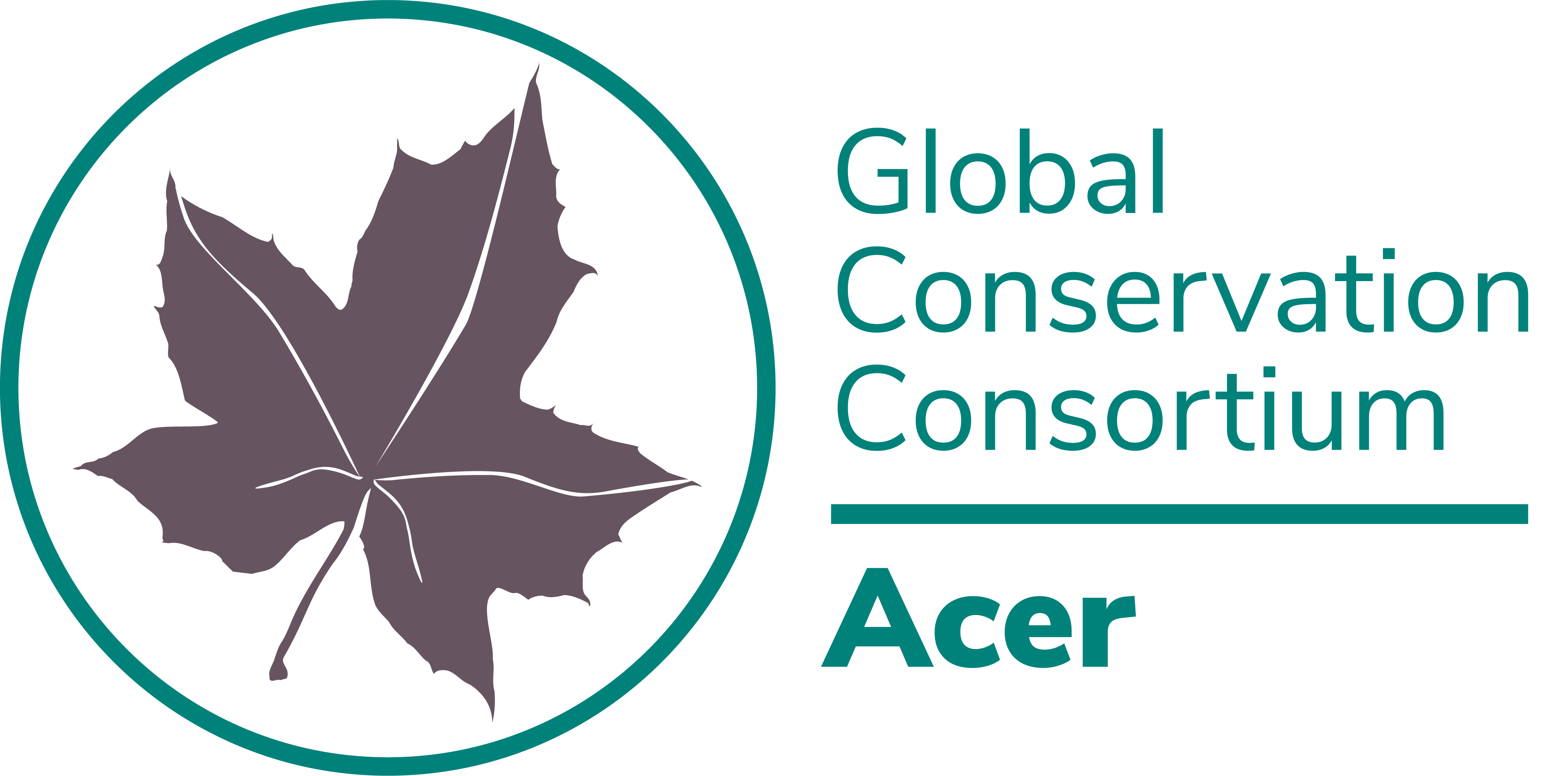
The Global Conservation Consortium for Acer works to bring together the world’s Acer experts, conservationists, and the botanic garden community to ensure that no wild Acer species becomes extinct.
Led by the University of British Columbia Botanical Garden, in collaboration with BGCI and other partners from across the genus’s range, The Global Conservation Consortium for Acer has been initiated to address the conservation needs of wild Acer species.
The goal of the Global Conservation Consortium for Acer is to mobilise a coordinated network of institutions and experts who work collaboratively to develop and implement a comprehensive conservation strategy to prevent the extinction of the world’s Acer species.
Lead Institution:
University of British Columbia Botanical Garden
6804 SW Marine Drive
Vancouver, BC Canada V6T 1Z4
botanicalgarden.ubc.ca
For questions or more information, or if you are interested in learning more about current Global Conservation Consortium for Acer activities, please contact Douglas Justice, GCC for Acer Coordinator.
Current Steering Committee Members:
- Anthony Aiello: Longwood gardens, United States.
- Dan Crowley: Westonbirt Arboretum, United Kingdom.
- Douglas Justice: University of British Columbia Botanical Garden, Canada
- Detuan Liu: Kunming Botanical Garden, China.
- Dr. Yalma Vargas-Rodriguez: University of Guadalajara, Mexico.
Supporters of the Global Conservation Consortium for Acer


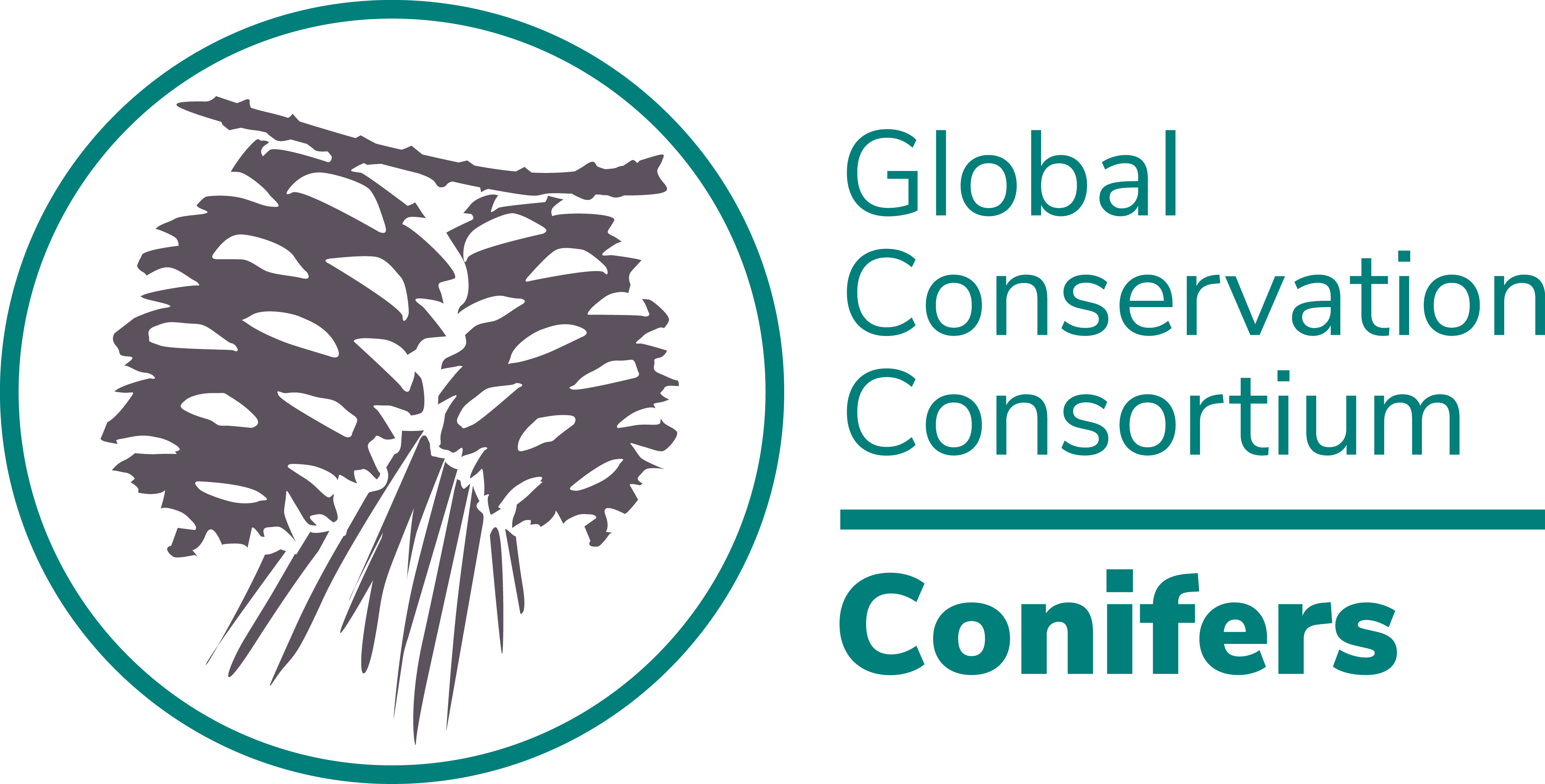
The Global Conservation Consortium for Conifers works to bring together the world’s conifer experts, conservationists, and the botanic garden community to ensure that no wild conifer species becomes extinct.
Led by Royal Botanic Garden Edinburgh, in collaboration with BGCI and other partners from across the group’s range, The Global Conservation Consortium for Conifers has been initiated to address the conservation needs of wild conifer species.
The goal of the Global Conservation Consortium for Conifers is to mobilise a coordinated network of institutions and experts who work collaboratively to develop and implement a comprehensive conservation strategy to prevent the extinction of the world’s conifer species.
Lead Institution:

Royal Botanic Garden Edinburgh
For questions or more information about the Royal Botanic Garden Edinburgh or if you are interested in learning more about current GCC for Conifers activities please contact Hannah Wilson, GCC for Conifers Coordinator.
Current Steering Committee Members:
Newly launched and looking for new steering committee members. Please get in touch if you’re interested in joining.
GCC for Conifers News
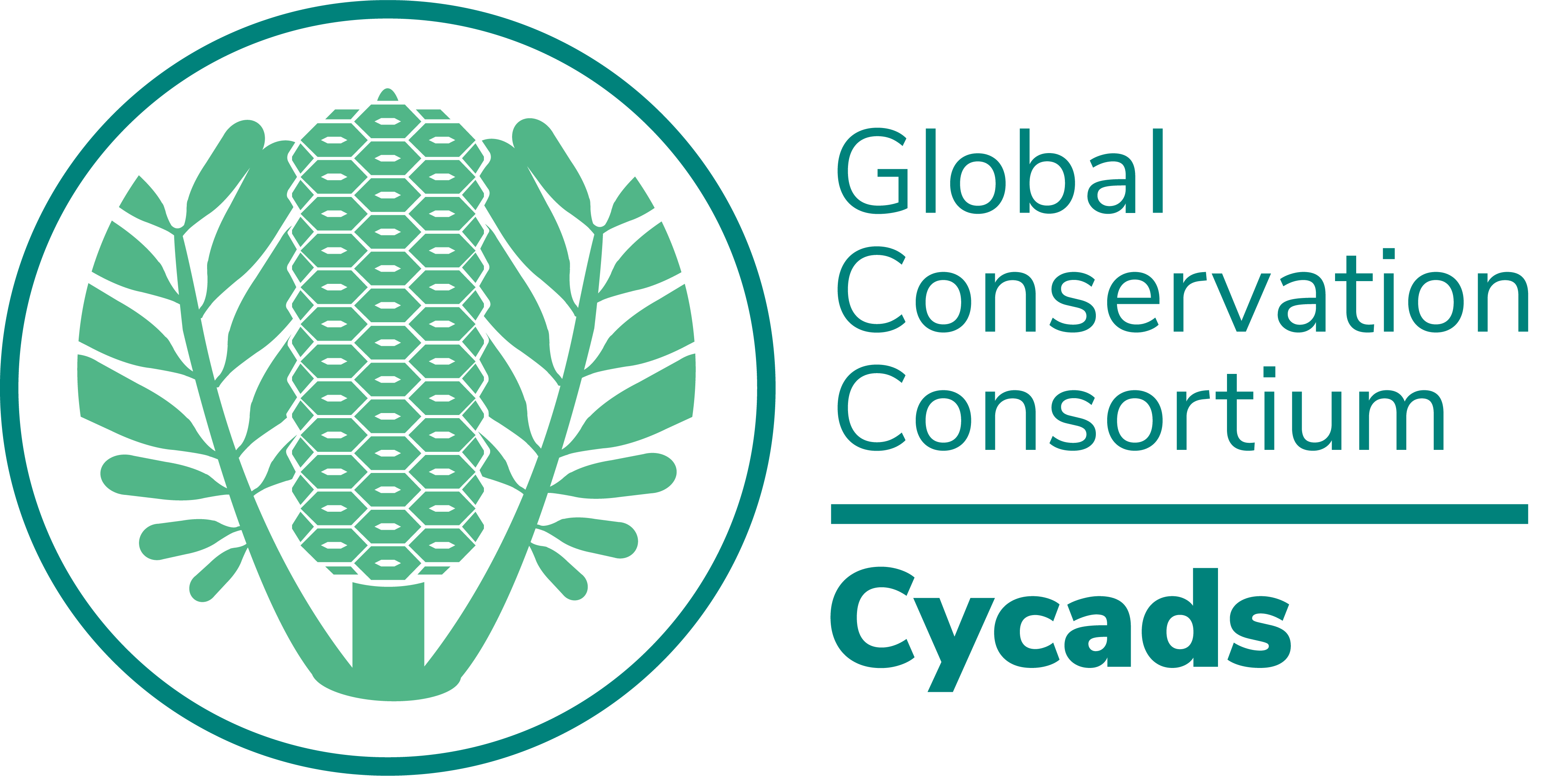
The Global Conservation Consortium for Cycads was established to ensure that no wild cycad species becomes extinct.
The Global Conservation Consortium for Cycads is a joint effort of BGCI and the IUCN Cycad Specialist Group. The objective of the GCC for Cycads is to enhance durable conservation of global cycad diversity through integrated ex situ and in situ actions. Led by Montgomery Botanical Center, in collaboration with BGCI and dozens of other partners, the GCC for Cycads was launched to prevent extinctions and ensure healthy cycad populations for the future. A coordinated network of institutions and experts is being mobilised to collaboratively develop and implement a comprehensive conservation strategy for cycads.
Lead Institution:

Montgomery Botanical Center
11901 Old Cutler Road
Coral Gables, FL 33156
United States
www.montgomerybotanical.org
For questions or more information, or if you are interested in learning more about current activities please contact Vanessa Handley, Global Conservation Consortium for Cycads Coordinator.
Current Steering Committee Members:
- Dr. John Donaldson: IUCN SSC Cycad Specialist Group.
- Dr. Timothy Gregory: Wild Cycad Conservancy, South Africa.
- Dr. Patrick Griffith: Montgomery Botanical Center, United States.
- Dr. Vanessa Handley: Montgomery Botanical Center, United States.
- Dr. Cristina Lopez-Gallego: Universidad de Antioquia, Colombia.
Supporters of the Global Conservation Consortium for Cycads

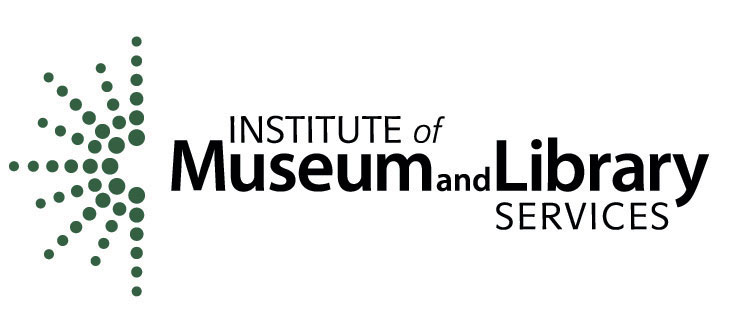
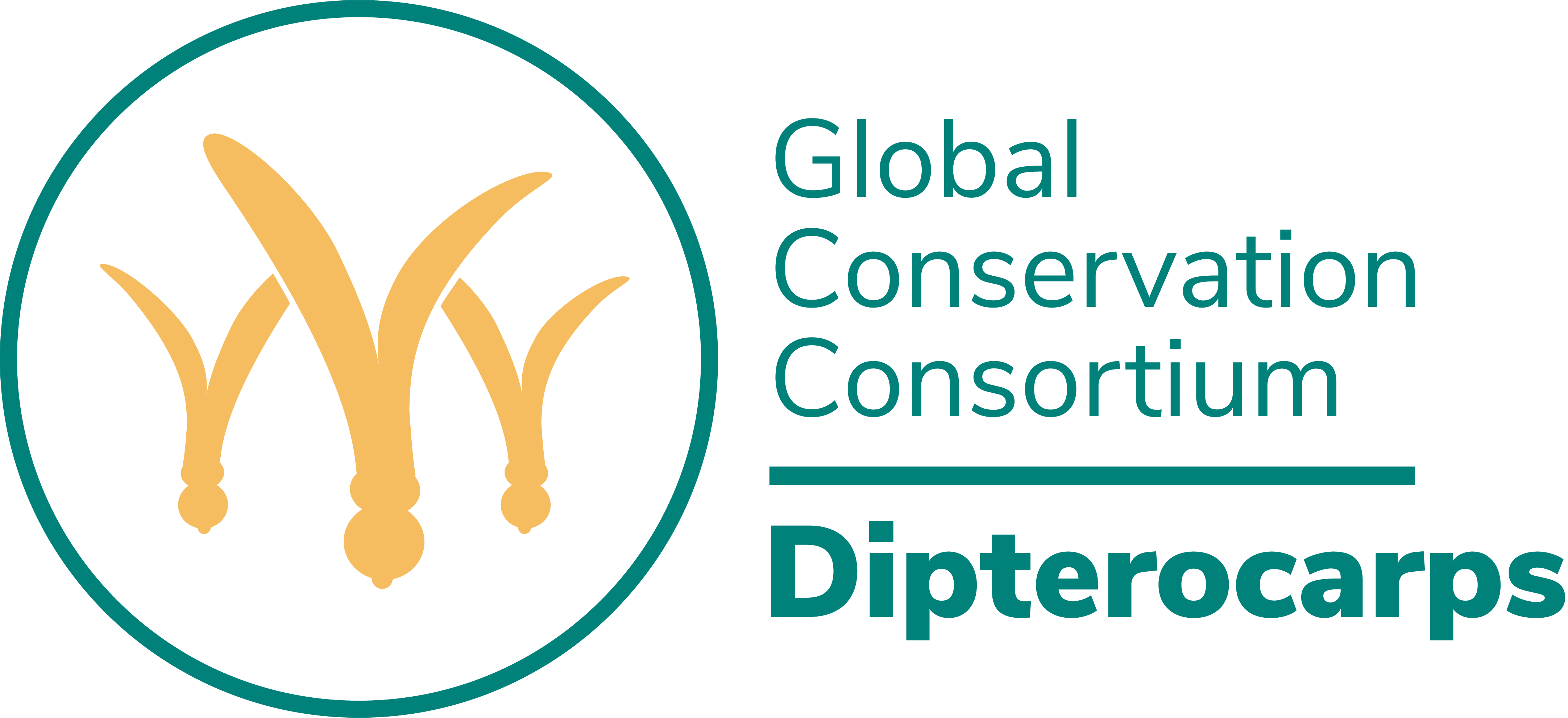
The Global Conservation Consortium for Dipterocarps brings together the world’s dipterocarp experts, conservationists, and the botanic garden community to ensure that no wild dipterocarp species becomes extinct.
Building on previous and existing work, and to further address the conservation needs of dipterocarps, the Global Conservation Consortium for Dipterocarps coordinates collaborative work on all aspects of conservation and will also focus on applied research in areas including phylogenomics, ecology, conservation genetics, tissue culture, and cryopreservation. The consortium also encourages exchange of both material and data which are vital for the advancement of knowledge informing conservation strategies.
Lead Institution:

Xishuangbanna Tropical Botanical Garden, Chinese Academy of Sciences
Menglun
Mengla
Yunnan 666303
China
xtbg.cas.cn
For questions or more information about Xishuangbanna, or if you are interested in learning more about current activities please contact Wen-Bin Yu, the Global Conservation Consortium for Dipterocarps Coordinator.
Current Steering Committee Members:
- Dr. Charles Cannon (Chair): Singapore Botanic Gardens, Singapore
- Dr. Dzaeman B. Dzulkifli David: Tropical Rainforest Conservation and Research Centre, Malaysia
- Dr. Joeri Sergej Strijk: Alliance for Conservation Tree Genomics, Malaysia
- Dr. Hoàng Văn Sâm: Vietnam National University of Forestry, Vietnam
- Dr. Wen-Bin Yu: Xishuangbanna Tropical Botanical Garden, CAS, China
Supporters of the Global Conservation Consortium for Dipterocarps

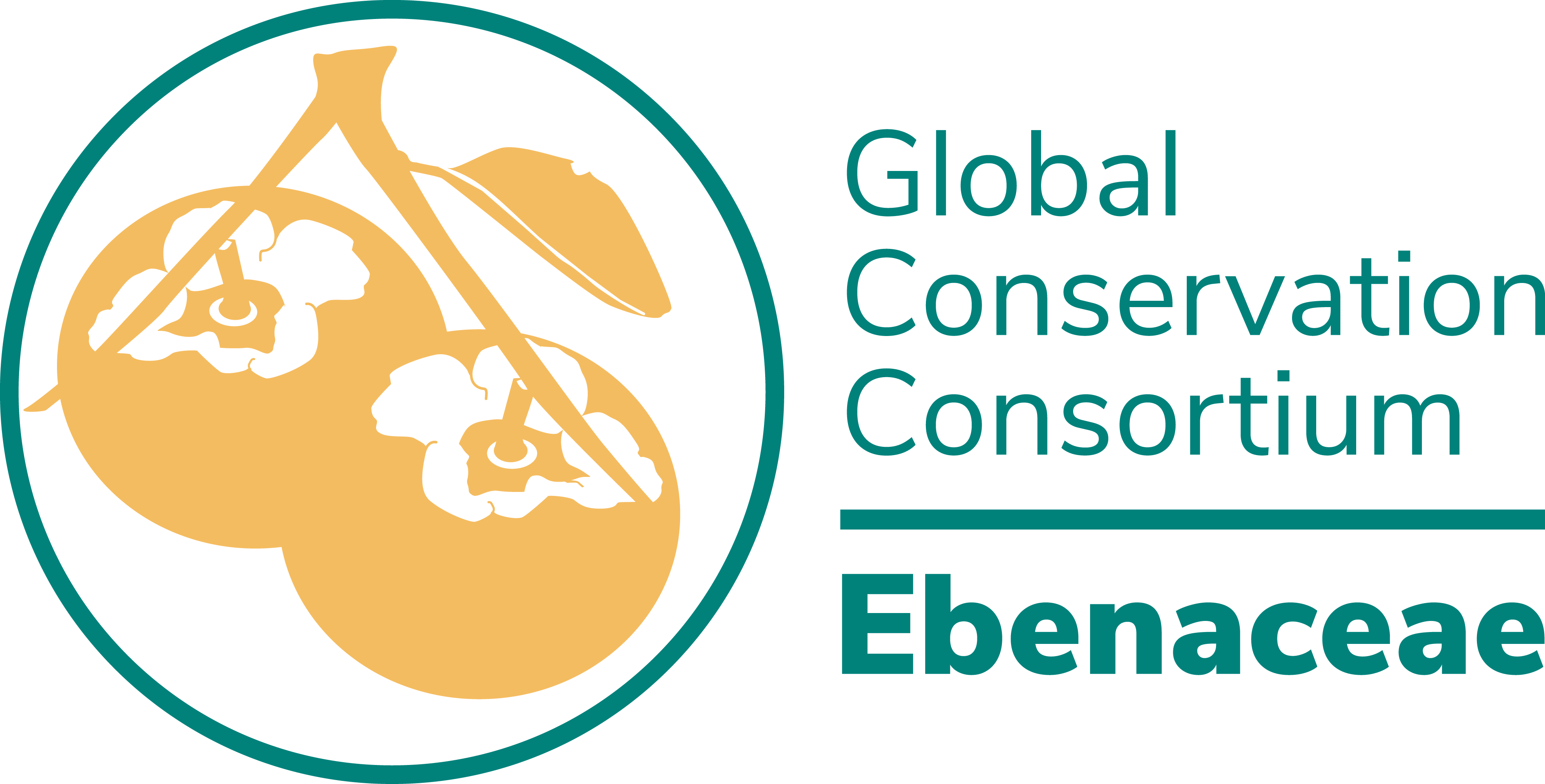
The Global Conservation Consortium for Ebenaceae works to bring together the world’s ebony experts, conservationists, and the botanic garden community to ensure that no wild ebony species becomes extinct.
The Global Conservation Consortium (GCC) for Ebenaceae is led by the Missouri Botanical Garden, in collaboration with Botanic Gardens Conservation International (BGCI) and other partners from across the world.
The objective of the GCC is to address the conservation needs of this important group. This network of experts seeks to develop and implement a comprehensive conservation strategy, using both ex situ and in situ approaches, supported by a sound taxonomic framework and detailed scientific investigation, to prevent the extinction of the world’s ebonies.
Lead Institution:
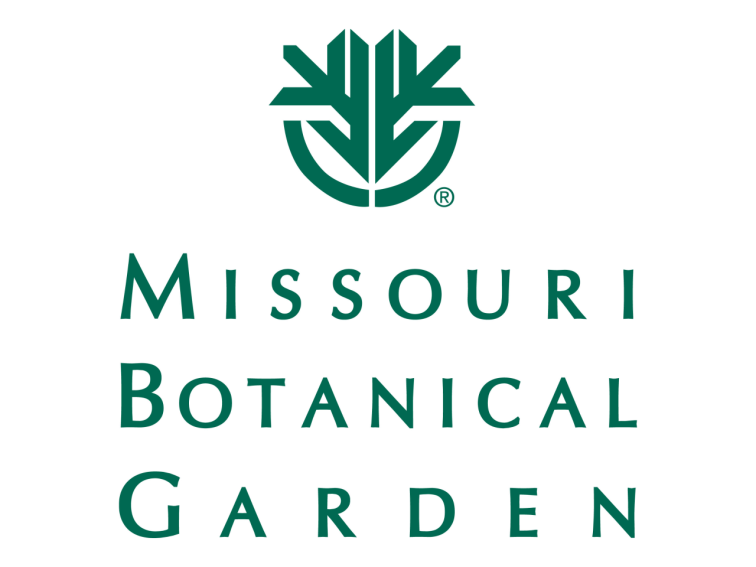
Missouri Botanical Garden
4344 Shaw Blvd
St. Louis
MO 63110, United States
For questions or more information about the Missouri Botanical Garden or if you are interested in learning more about current GCC for Ebenaceae activities please contact Dr. Alexander Linan, GCC for Ebenaceae Coordinator.
Current Steering Committee Members:
- Dr. Porter P. Lowry II: Muséum National d’Histoire Naturelle, France
- Dr. Carmen Puglisi: Missouri Botanical Garden, United States
- Heidi H. Schmidt: Missouri Botanical Garden, United States
- Dr. Emily J. Warschefsky: Missouri Botanical Garden, United States
Main Resources
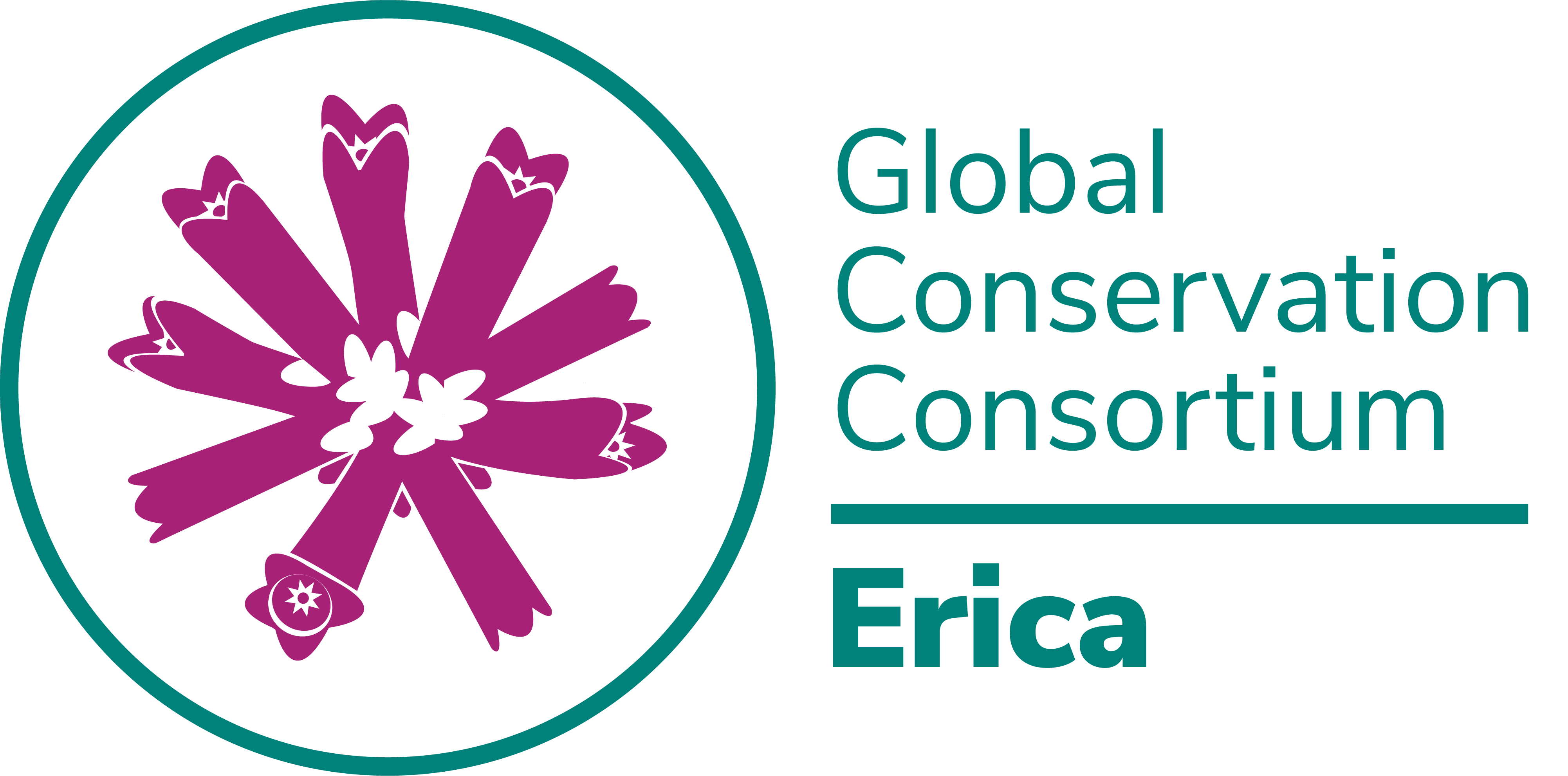
The Global Conservation Consortium for Erica brings together the world’s Erica experts, conservationists, and the botanic garden community to ensure that no wild species of Erica becomes extinct.
The aim of the Global Conservation Consortium for Erica is to deploy their unique sets of skills for effective conservation of the genus in order to prevent species extinctions.
Lead Institution:

Bergen University Gardens
Mildeveien 240
N-5259 HJELLESTAD
Norge
www.uib.no/en/universitygardens
For questions or more information, or if you are interested in learning more about current GCC for Erica activities please contact Mike Pirie, GCC for Erica Coordinator.
Current Steering Committee Members:
- Robbie Blackhall-Miles: FossilPlants, United Kingdom.
- Ismail Ebrahim: South African National Biodiversity Institute, South Africa.
- Dr. Felix Forest: Royal Botanic Gardens, Kew, United Kingdom.
- Michael Knaack: HBLFA für Gartenbau und Österreichische Bundesgärten, Austria.
- Rupert Koopman: South Africa.
- Alex Lansdowne: South Africa.
- Dr. Nicolai Nürk: Bayreuth, Germany.
- Dr. Mike Pirie: Bergen University Gardens, Norway.
- Jo Osborne: Millennium Seed Bank, Royal Botanic Gardens, Kew, United Kingdom.
- Daniel Rohrauer: HBLFA für Gartenbau und Österreichische Bundesgärten, Austria.
- Victoria Wilman: South African National Biodiversity Institute, South Africa.
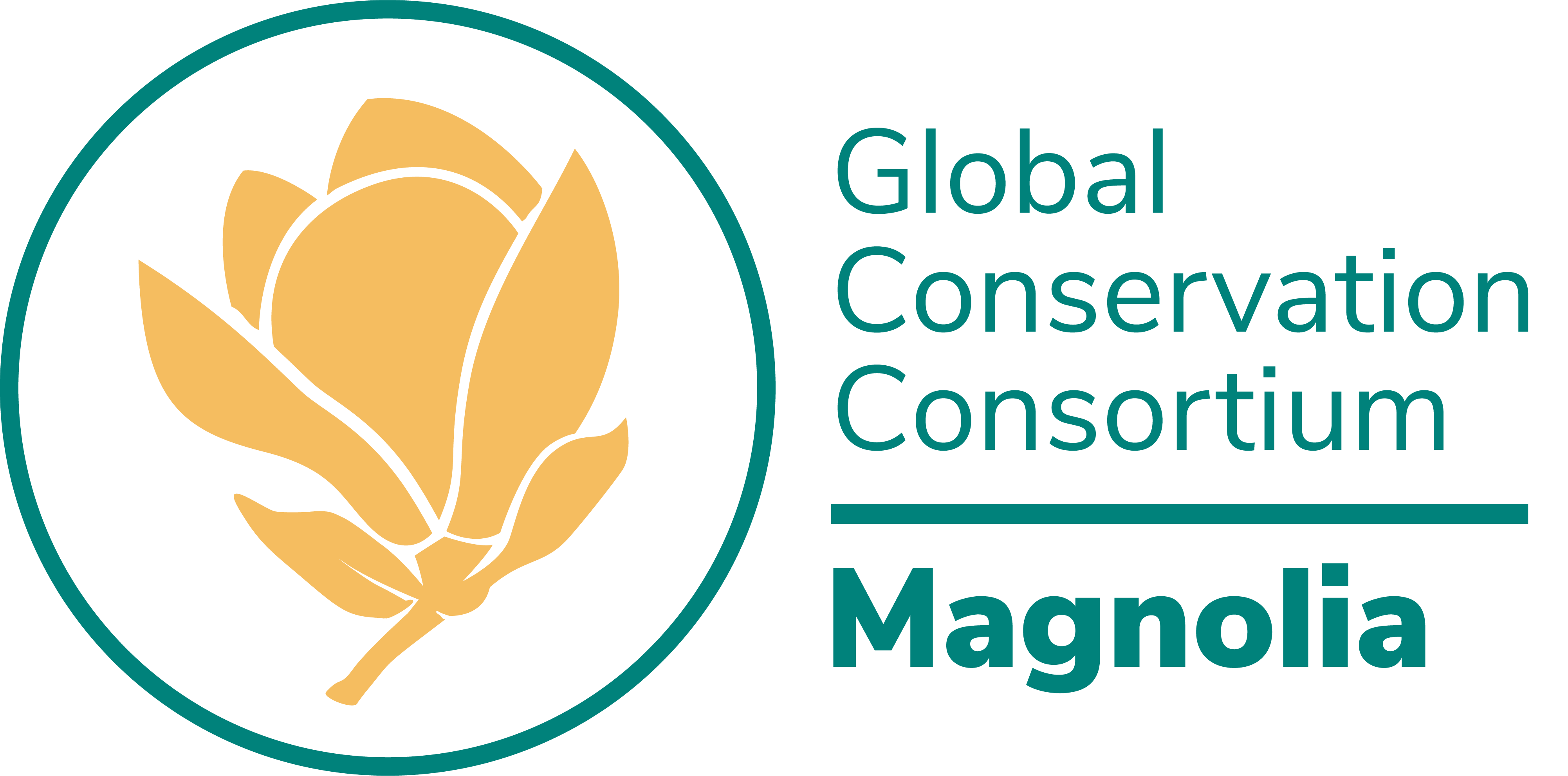
The goals of the Global Conservation Consortium for Magnolia is to mobilise a coordinated network of institutions and experts who work collaboratively to develop and implement a comprehensive conservation strategy to prevent the extinction of the world’s Magnolia species.
Led by Atlanta Botanical Garden, in collaboration with BGCI and other partners from across the genus’s range. The Global Conservation Consortium for Magnolia has been initiated to address the conservation needs of wild Magnolia species.
Lead Institution:

Atlanta Botanical Garden
1345 Piedmont Ave NE
Atlanta, GA 30309
United States
atlantabg.org
For questions or more information, or if you are interested in learning more about current GCC for Magnolia activities please contact Jean Linsky, GCC for Magnolia Coordinator.
Current Steering Committee Members:
- Md. Rishad Abdullah: Plant Conservation and Research Foundation, Bangladesh.
- Dr. Ana Maria Benavides: Jardín Botánico de Medellín, Colombia.
- Apolinario B. Carino: Siit Arboretum Botanical Garden, Philippines.
- Dr. Emily Coffey: Atlanta Botanical Garden, United States.
- Kevin Conrad: United States National Arboretum, United States.
- Dr. Luis Gonzalez Torres: Planta! Plantlife Conservation Society, Cuba.
- Dr. Yong-Shik Kim: Chollipo Arboretum Foundation, South Korea.
- Jean Linsky: Atlanta Botanical Garden, United States.
- Dr. Alvaro J. Perez: Herbario QCA, Pontificia Universidad Católica del Ecuador, Ecuador.
- Dr. Marcela Serna Gonzalez: Tecnológico de Antioquia – Institución Universitaria, Colombia.
- Dr. Weibang Sun: Kunming Botanical Garden, China.
- Dr. J. Antonio Vázquez-García: Universidad de Guadalajara, Mexico.
Supporters of the Global Conservation Consortium for Magnolia



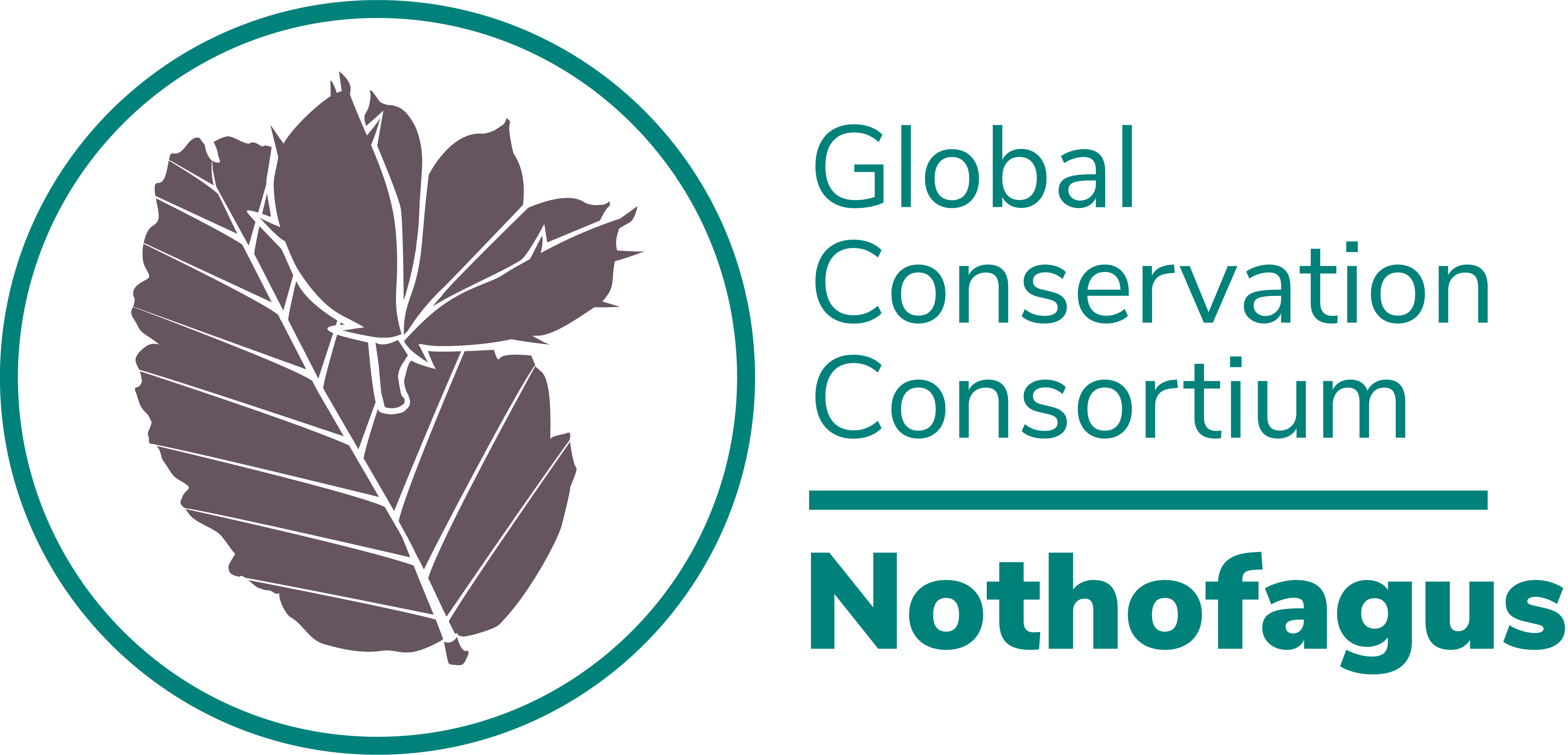
The Global Conservation Consortium for Nothofagus words to bring together the world’s Nothofagus experts, conservationists, and the botanic garden community to ensure that no wild Nothofagus species becomes extinct.
Led by Wakehurst, in collaboration with BGCI and other partners from across the genus’s range, The Global Conservation Consortium for Nothofagus has been initiated to address the conservation needs of Nothofagus species.
Lead Institution:

Wakehurst, Royal Botanic Gardens, Kew
Selsfield Rd
Haywards Heath RH17 6TN
United Kingdom
www.kew.org/wakehurst
For questions or more information, or if you are interested in learning more about current GCC for Nothofagus activities please contact Jo Wenham and Olivia Steed-Mundin at Wakehurst.
Current Steering Committee Members:
- Dr. Fabian Carriconde: Institut Agronomique néo-Calédonien (IAC), New Caledonia.
- Dr. Cristian Echeverria: University of Concepción, Chile.
- Olivia Steed-Mundin: Wakehurst, Royal Botanic Gardens, Kew, United Kingdom.
- Jo Wenham: Wakehurst, Royal Botanic Gardens, Kew, United Kingdom.
Supporters of the Global Conservation Consortium for Nothofagus

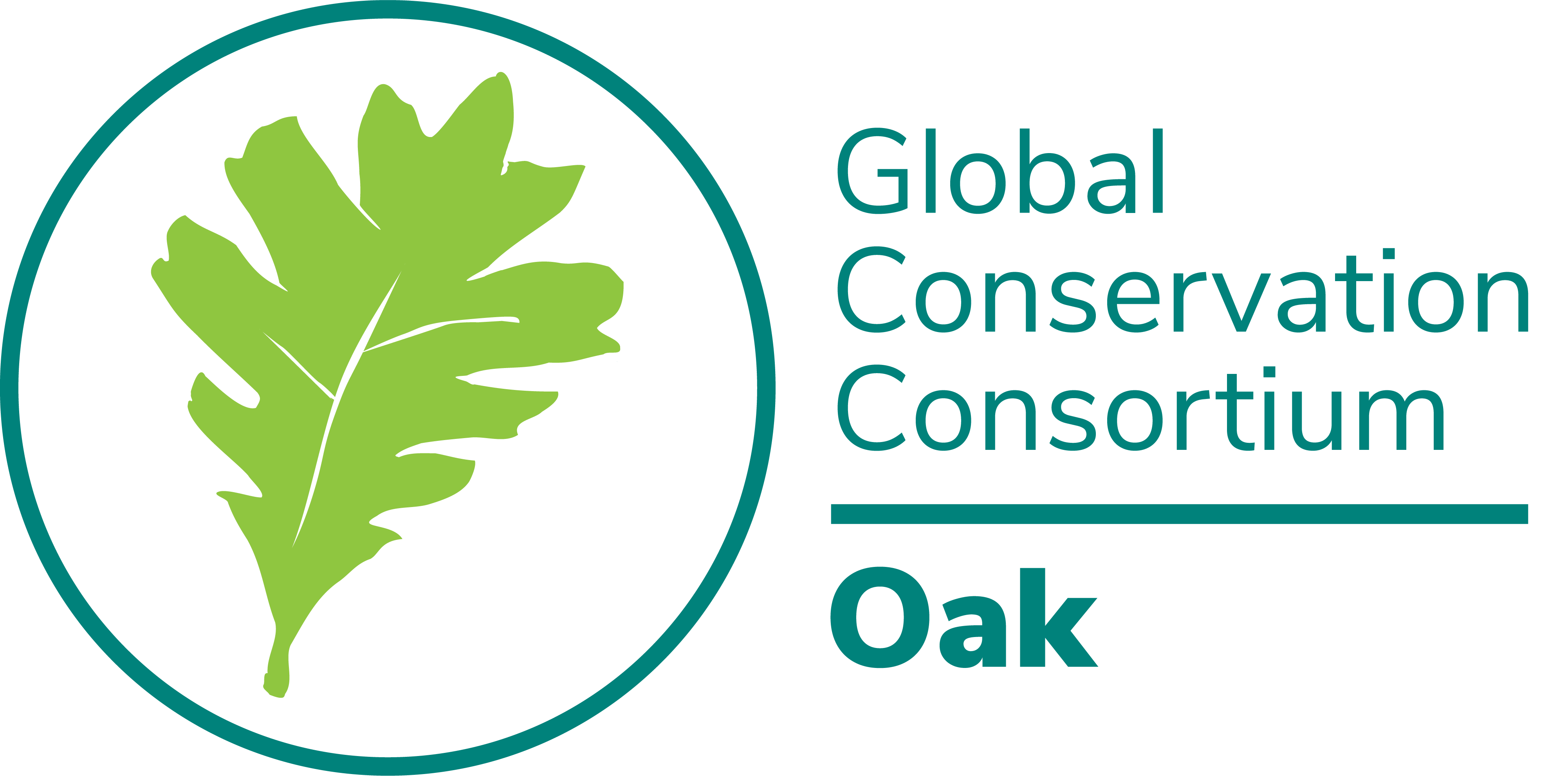
The Global Conservation Consortium for Oak brings together the world’s oak experts, conservationists, and the botanic garden community to ensure that no wild species of oak becomes extinct.
No one garden or arboretum can or should conserve all of the world’s threatened oak species, so a coordinated, global effort is needed. Led by the Morton Arboretum, in collaboration with BGCI and dozens of other partners, the Global Conservation Consortium for Oak was launched to prevent extinctions and ensure healthy oak species and populations for the future.
The goal of the Global Conservation Consortium for Oak is to mobilise a coordinated network of institutions and experts who work collaboratively to develop and implement a comprehensive conservation strategy to prevent the extinction of the world’s oak species.
Lead Institution:
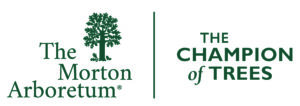
The Morton Arboretum
4100 Illinois Route 53
Lisle, IL 60532
United States
mortonarb.org
For questions or more information about The Morton Arboretum, or if you are interested in learning more about current GCC for Oak activities please contact Amy Byrne, GCC for Oak Coordinator.
Current Steering Committee Members:
- Dr. Silvia Alvarez-Clare: The Morton Arboretum, United States.
- Allen J. Coombes: Jardin Botanico Universitario BUAP, Mexico.
- Dr. Maricela Rodriguez: Mexico.
- Dr. Hoàng Văn Sâm: Vietnam National University of Forestry, Vietnam.
- Dr. Murphy Westwood: The Morton Arboretum, United States.
Supporters of the Global Conservation Consortium for Oak




GCC Oaks News
For more news click hereMain Resources
For more resources click here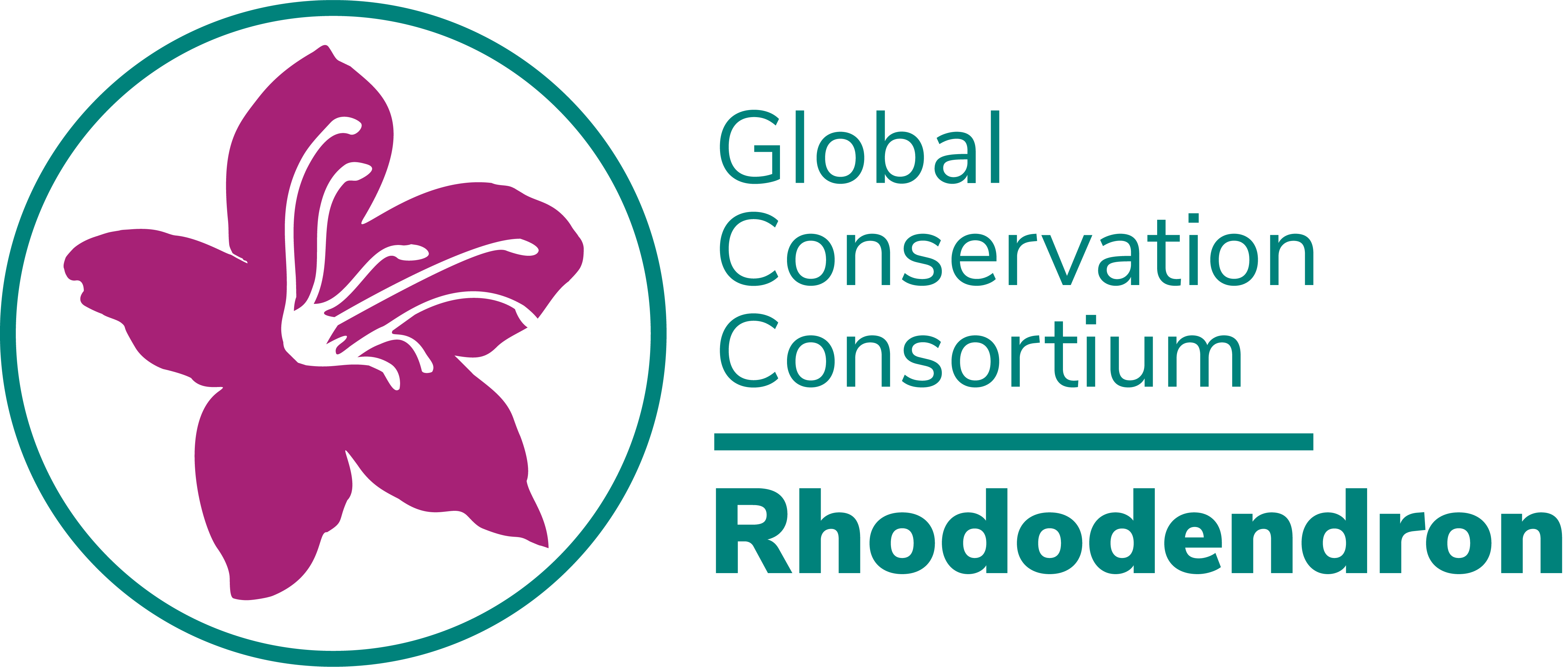
The Global Conservation Consortium for Rhododendron brings together the world’s Rhododendron experts, conservationists, and the botanic garden community to ensure that no wild species of Rhododendron becomes extinct.
Rhododendron is the most diverse genus in the heath and heather family (Ericaceae) comprising over 1100 species. It is found growing wild across the Northern hemisphere and as far south as Northern Australia, and grows in the mountains of Southwest China, the Himalaya, and Southeast Asia where it forms an important part of montane ecosystems.
Lead Institution:

Royal Botanic Garden Edinburgh
Arboretum Place
Edinburgh
United Kingdom
EH3 5NZ
For questions or more information, or if you are interested in learning more about current GCC for Rhododendron activities please contact Alan Elliott, GCC for Rhododendron Coordinator.
Current Steering Committee Members:
- Dr. Alan Elliott: Royal Botanic Garden Edinburgh, United Kingdom.
- Dipak Lamichhane: Department of Plant Resources, Nepal.
- Michael Lovave: Lae Botanical Gardens; Papua New Guinea Forest Research Institute, Papua New Guinea.
- Dr. Ashiho Mao: Botanical Survey of India, India.
- Dr. Marion Mackay: Massey University, New Zealand.
- Connor Ryan: Holden Forest and Garden, United States.
Supporters of the Global Conservation Consortium for Rhododendron


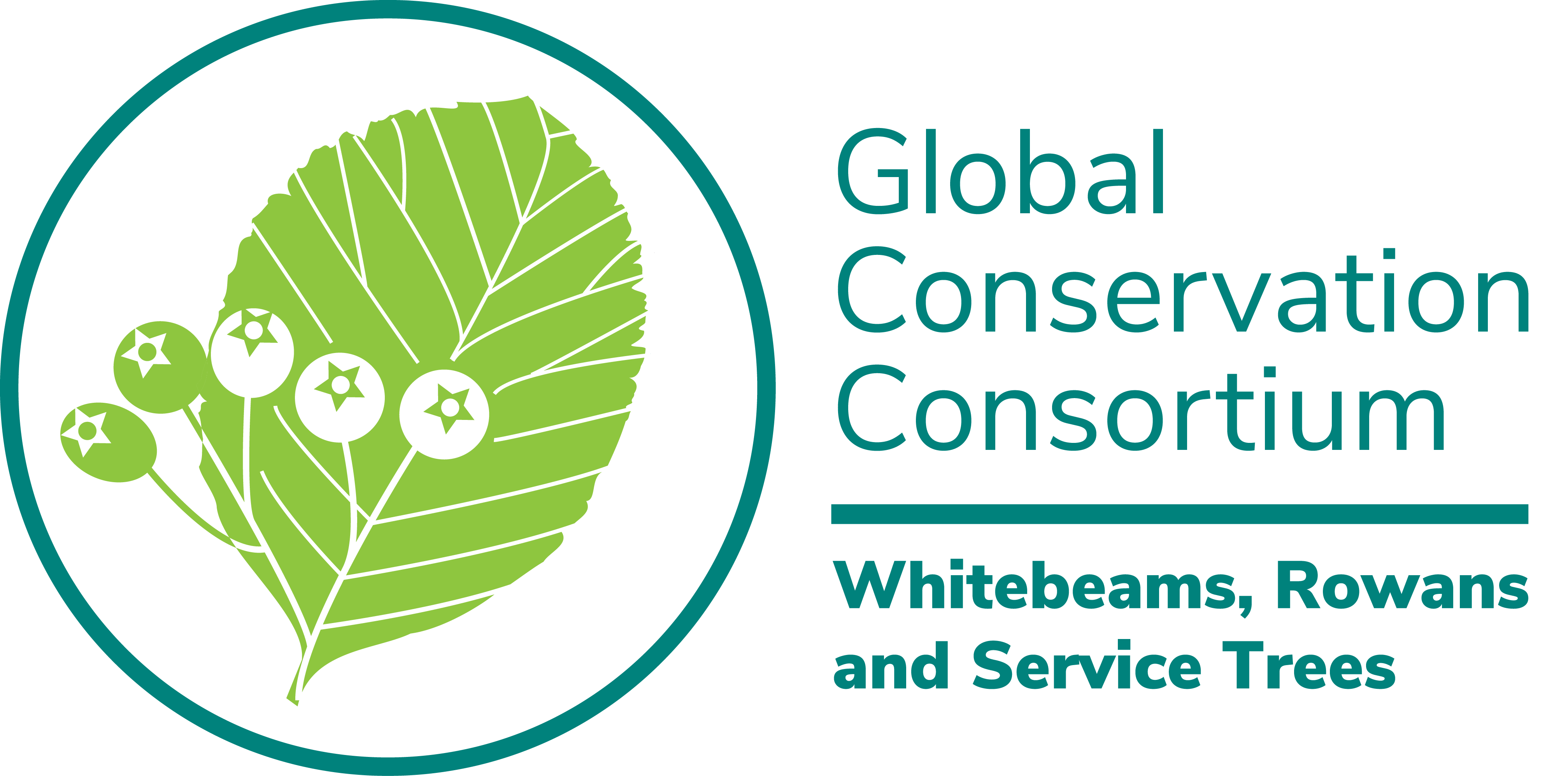
The Global Conservation Consortium for Whitebeams, Rowans and Service Trees brings together the world’s experts, conservationists, and the botanic garden community to ensure that no wild species of this varied group becomes extinct.
Sorbus is a taxonomically complex genus, comprising the whitebeams, rowans, and service trees. It contains approximately 250 species, and these are found primarily across the temperate northern hemisphere, with many species planted beyond their natural ranges.
Lead Institution:

Westonbirt, The National Arboretum
Forestry England
Tetbury
Gloucestershire, United Kingdom
GL8 8QS
Current Steering Committee Members:
- Dan Crowley, Westonbirt, The National Arboretum, United Kingdom;
- Rosie Anderson, Westonbirt, The National Arboretum, United Kingdom;
- Alex Summers, National Trust, United Kingdom;
- Kevin McGinn, National Botanic Garden of Wales, United Kingdom
Supporters of the Global Conservation Consortium for Whitebeams, Rowans and Service Trees

Share
